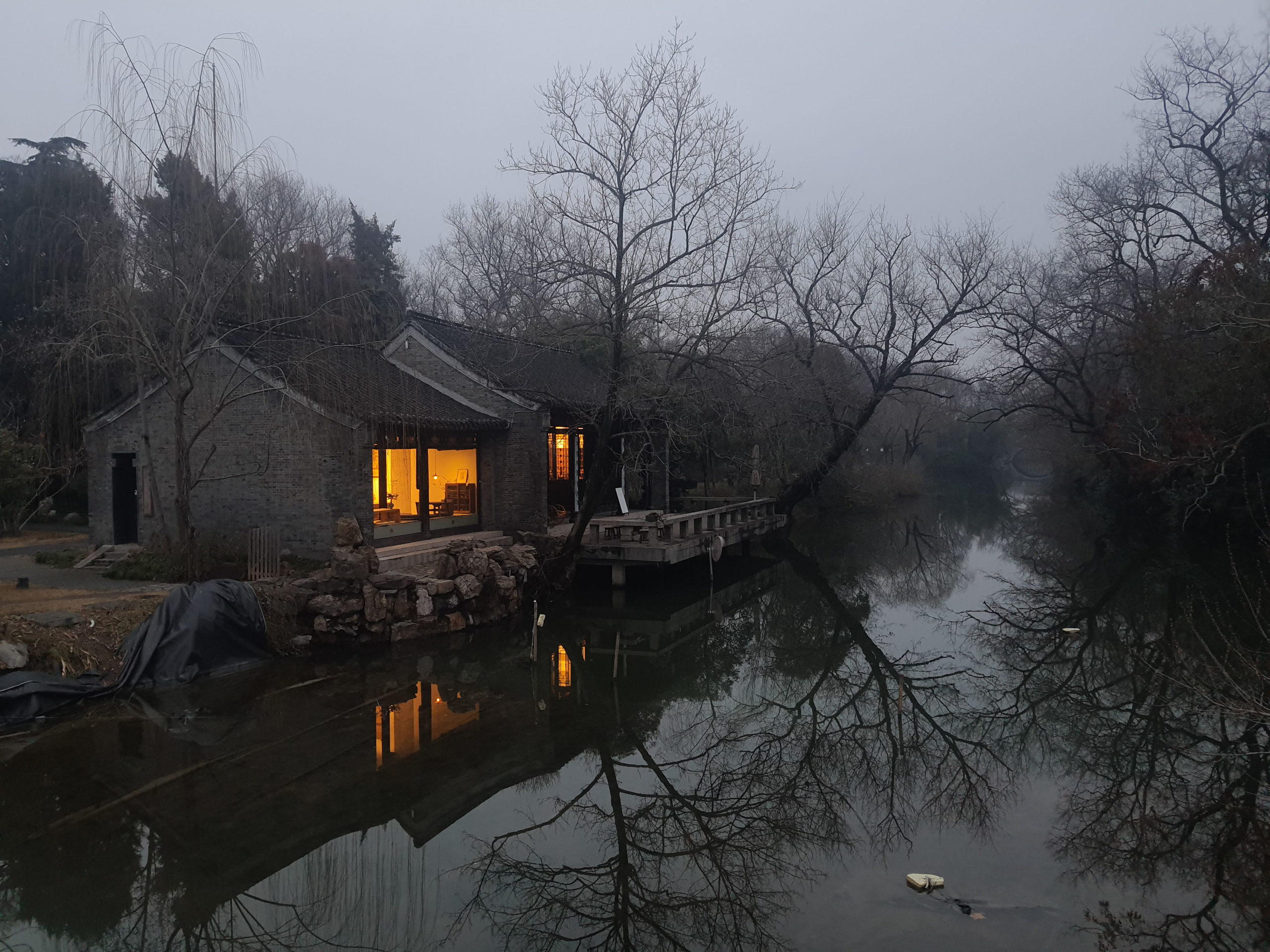
When the first wave of Covid hit China in the beginning of 2020, our travelling came to a halt and we stayed low in the small old town Jianshui in Yunnan (雲南建水). Now, two years later, our life is still dominated by the pandemic and we find ourselves yet again hiding – only this time in a bigger city of Yangzhou in Jiangsu (江蘇揚州).
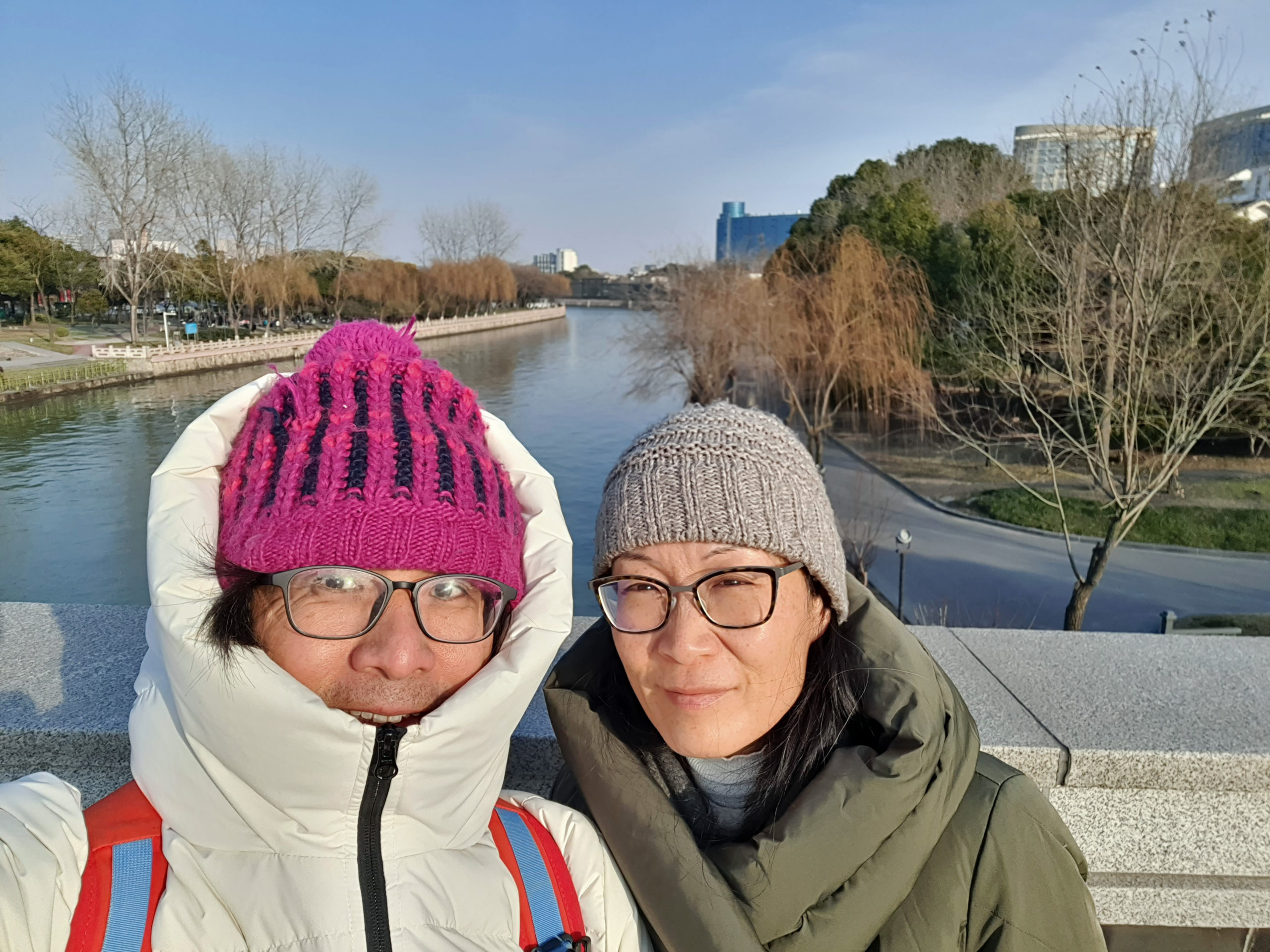
We originally wanted to go back to Hong Kong for the Chinese New Year to spend time with our family but our plan was disrupted when Omicron emerged. We were in Qingdao at the time and feared that things would get worse quickly. We headed further southward and decided to find a smaller city – Yangzhou seems like a good choice.
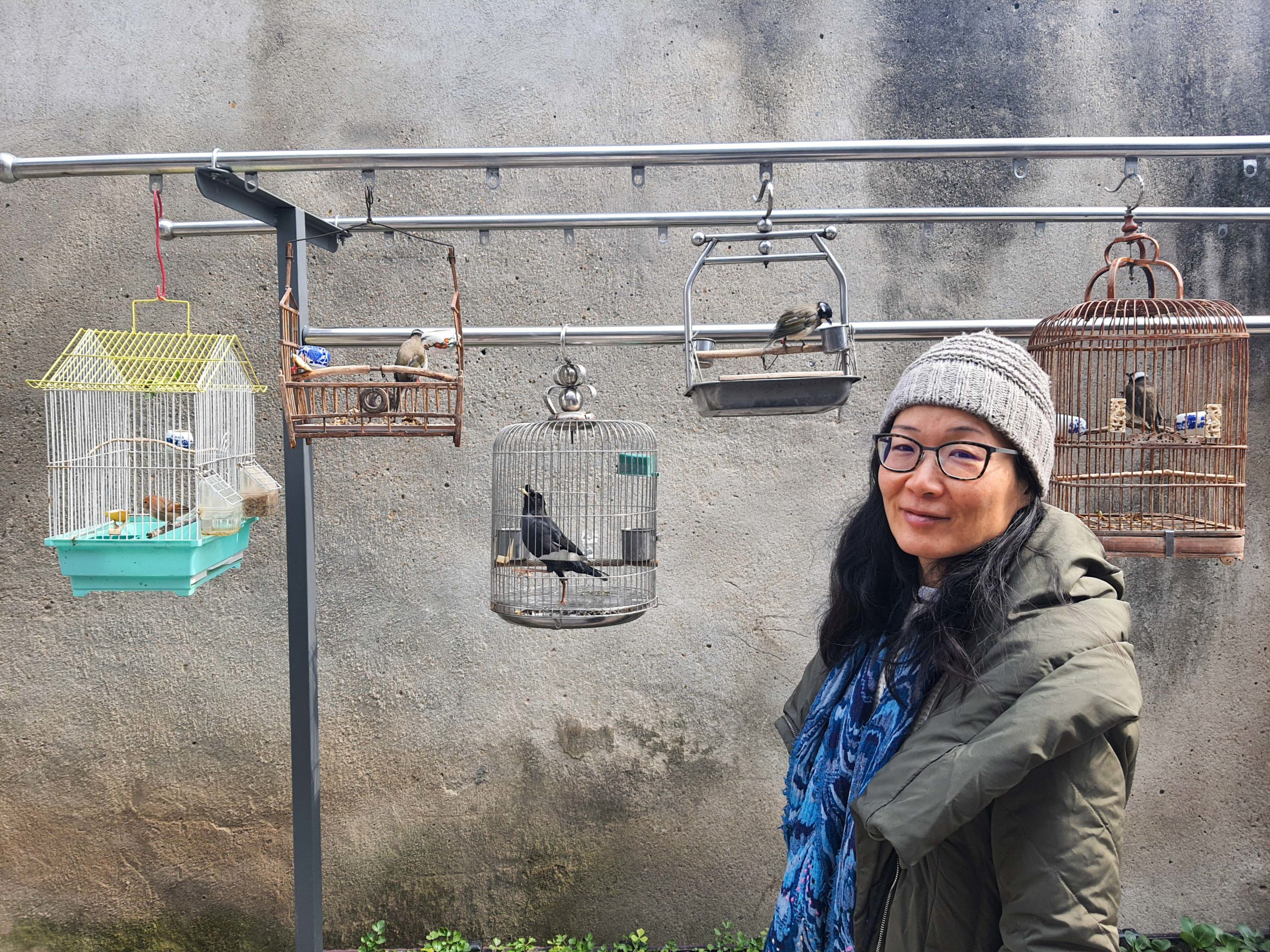
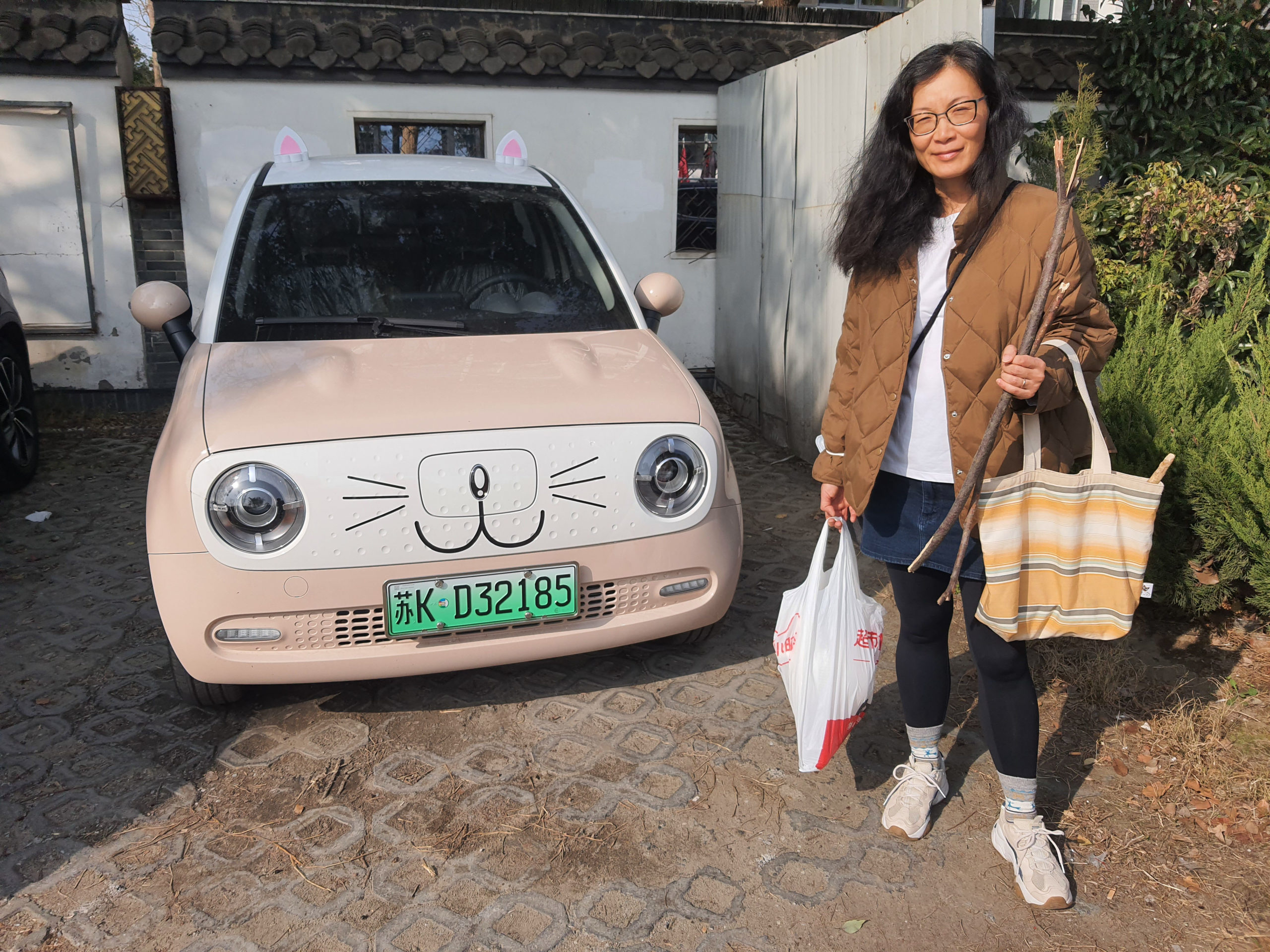
We arrived in mid January and just in time as many places all over China had stepped up measures for visitors from other provinces. It meant that travelling across provinces was more troublesome than before. All tourists from other provinces or anyone who had visited other provinces were required a 48-hour effective negative cpr test result plus green health code in order to check into hotels and enter tourist destinations and museums.
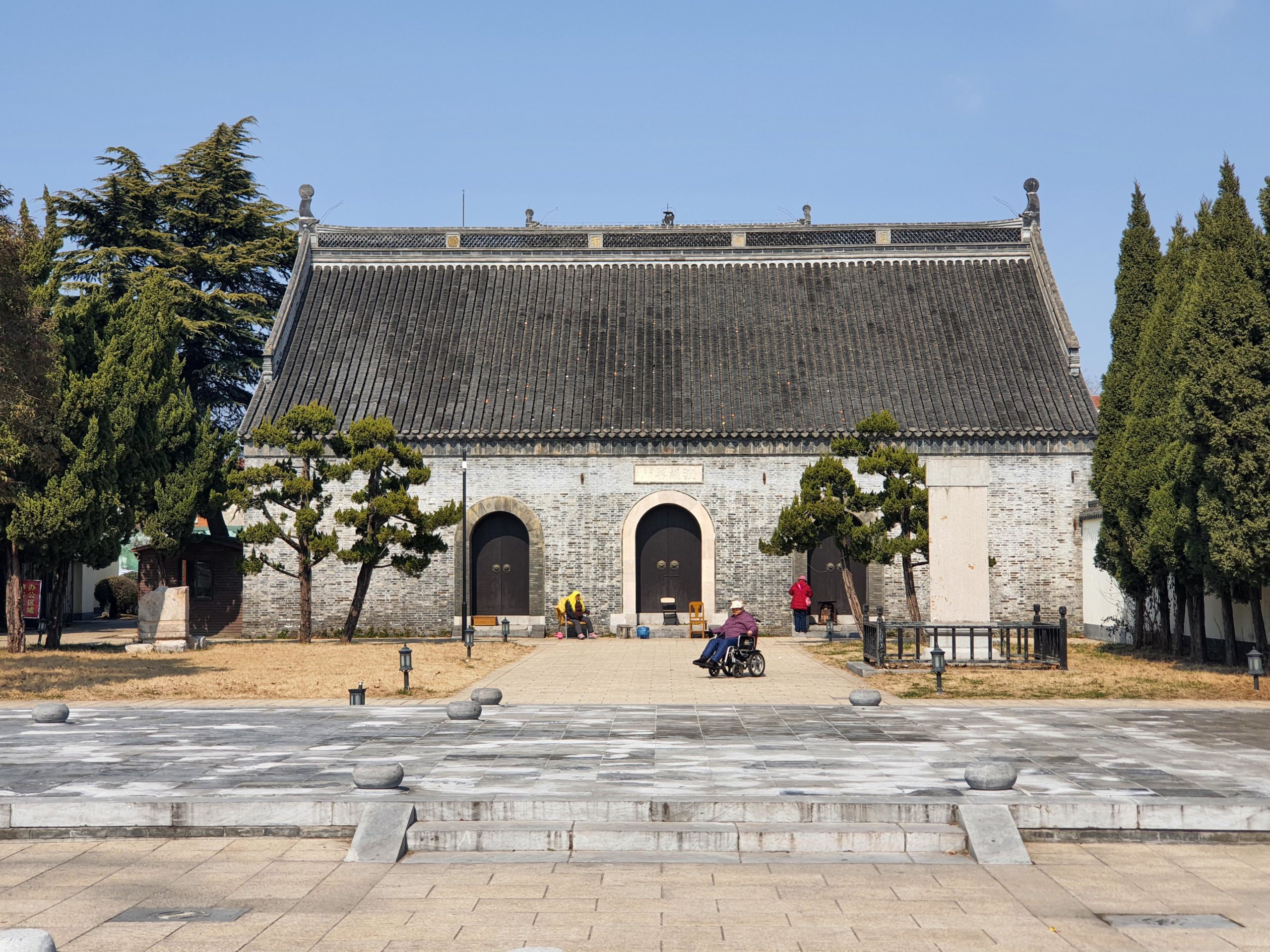
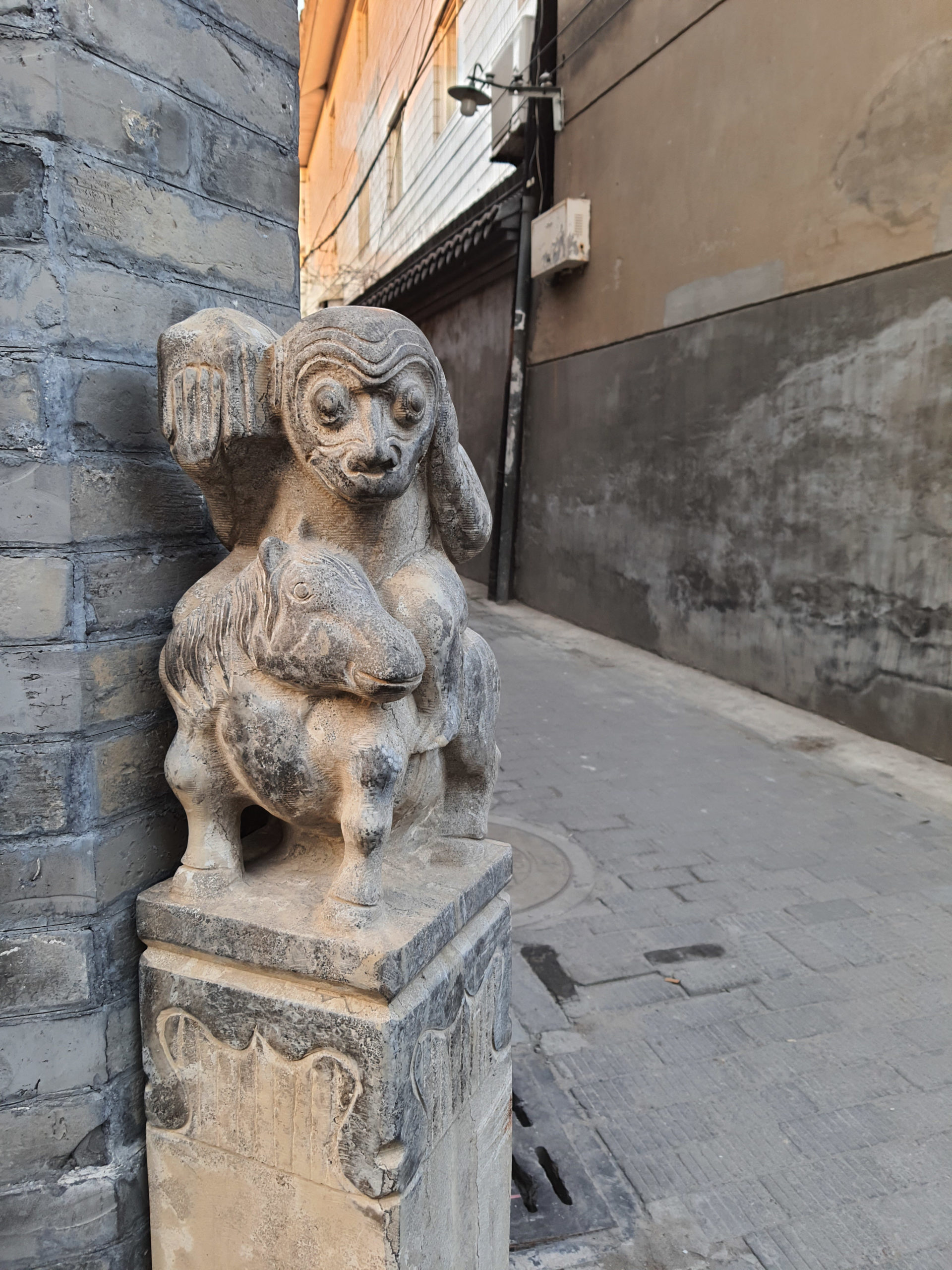
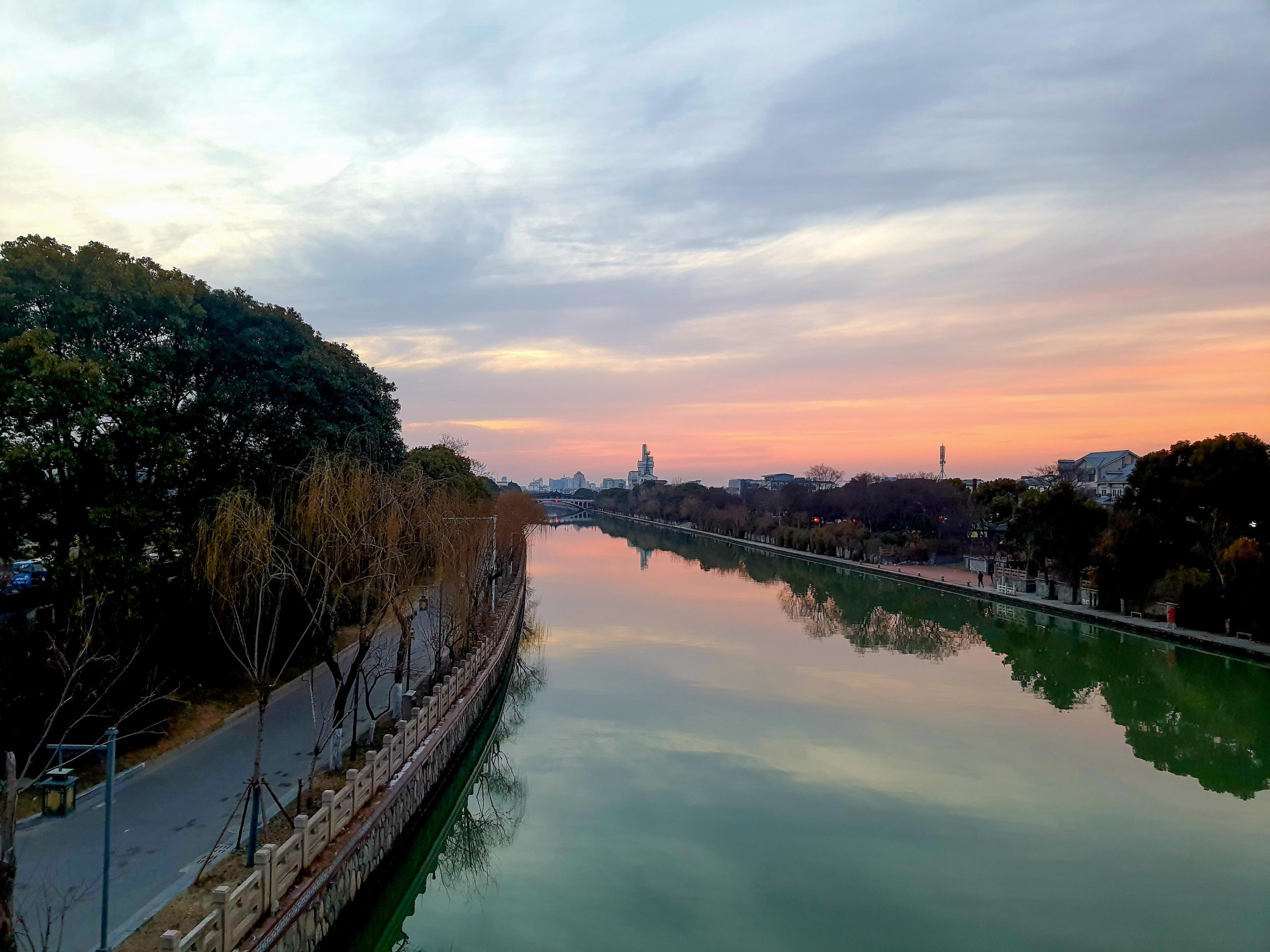
I have known Yangzhou since I was a kid when mom made me memorize poems of the famous poet Li Bai (李白) of the Tang Dynasty. He described how beautiful Yangzhou looked in March with a multitude of willows and he bade farewell to a friend as his boat sailed away. (故人西辭黃鶴樓,煙花三月下揚州,孤帆遠影碧空盡,唯見長江天際流) It’s a beautiful image but Yangzhou remained just an abstract name.
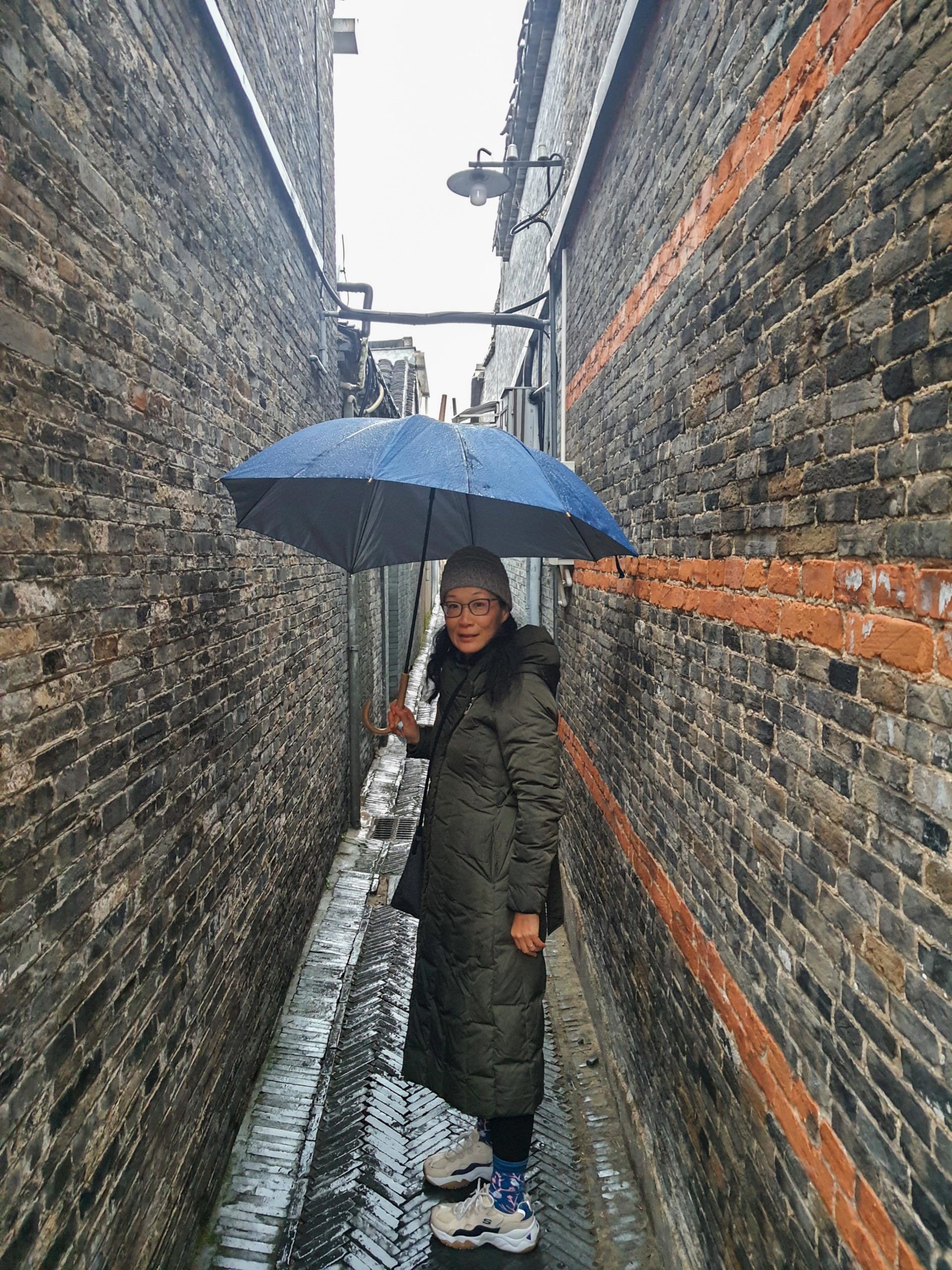
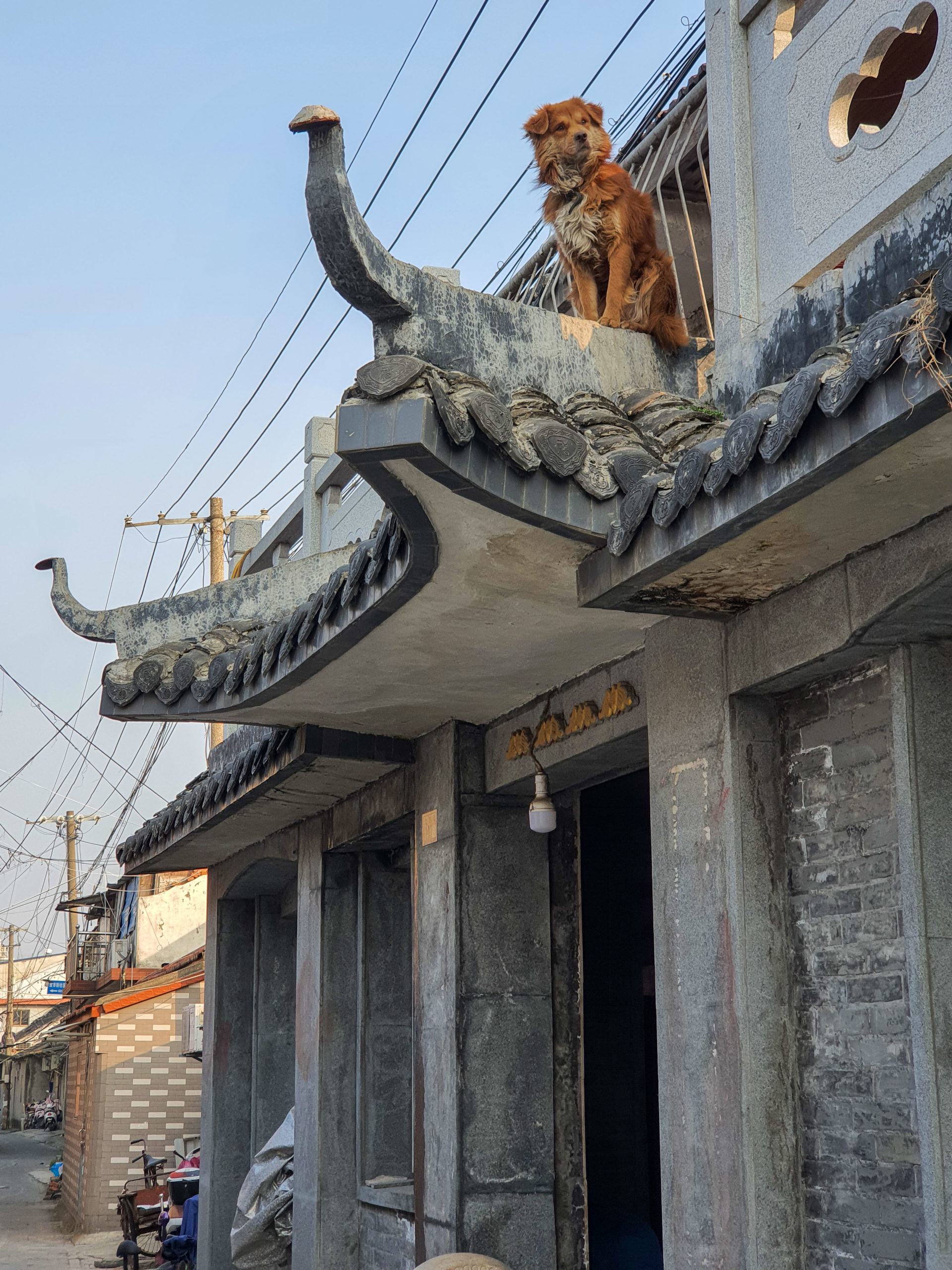
As we started exploring the old part of Yangzhou, I found myself more and more drawn by its subtle beauty. We spent many hours strolling in the labyrinth of old narrow alleys amidst small and grand houses with charcoal grey terra cotta tile roofs.
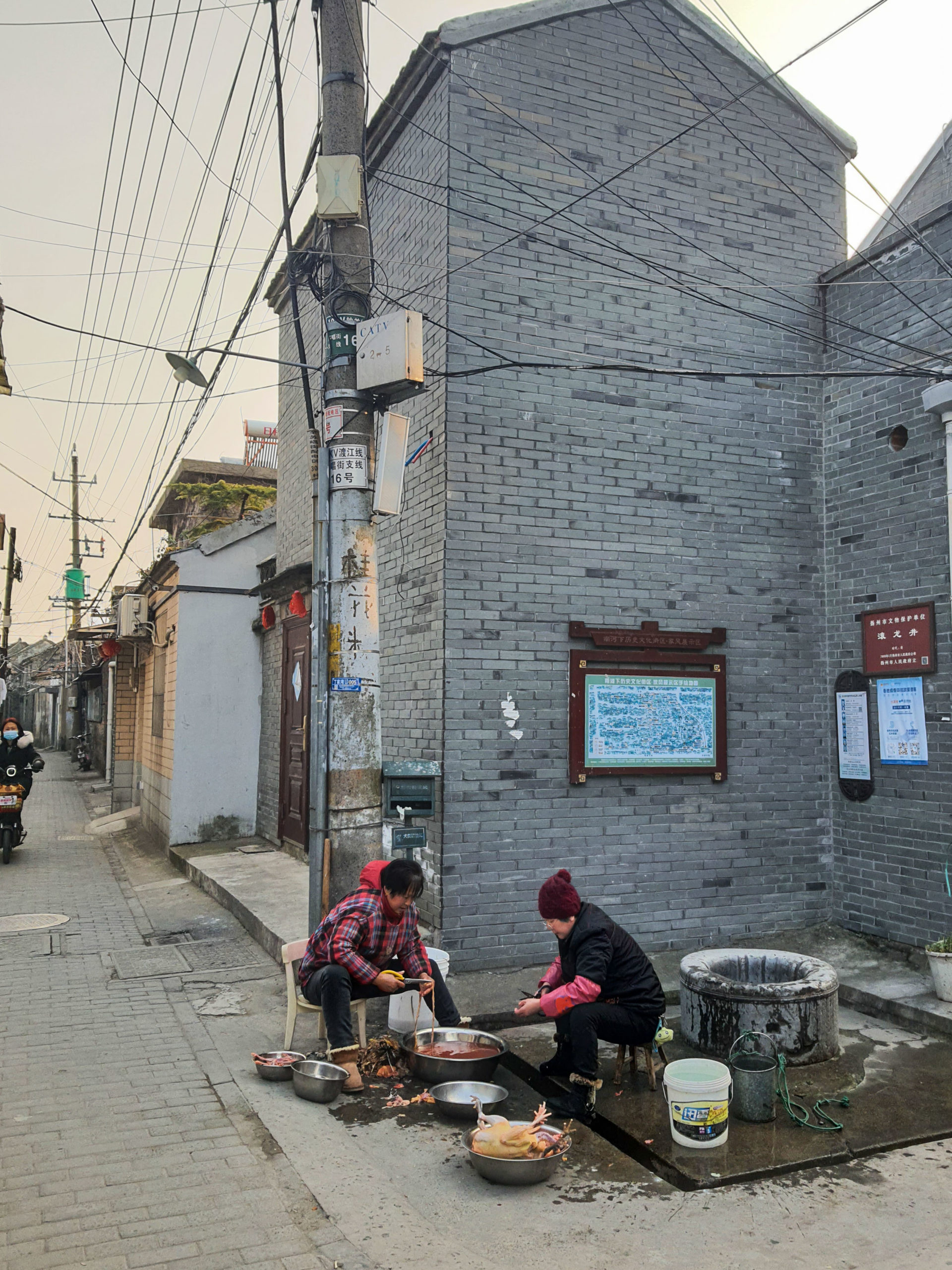
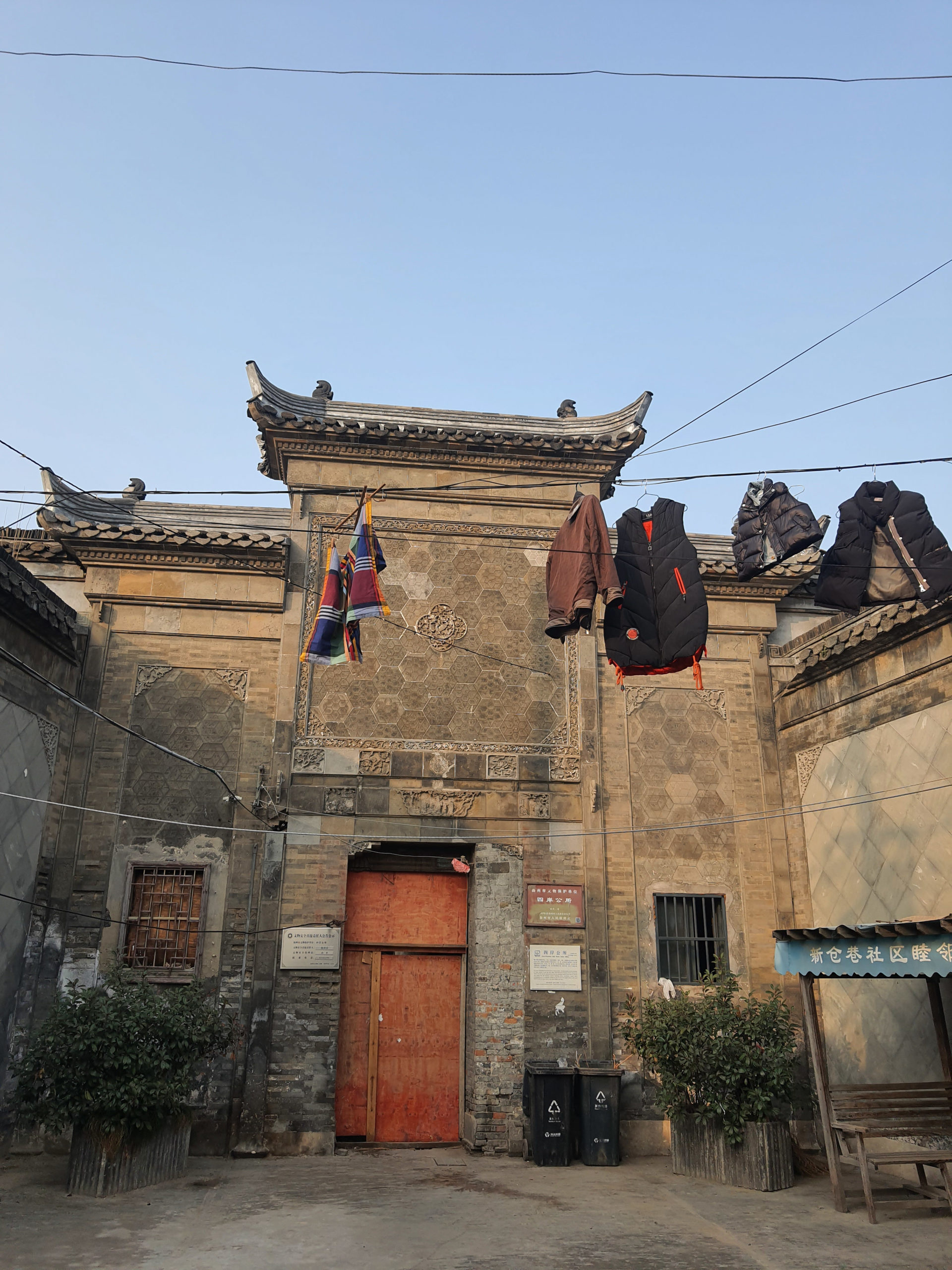
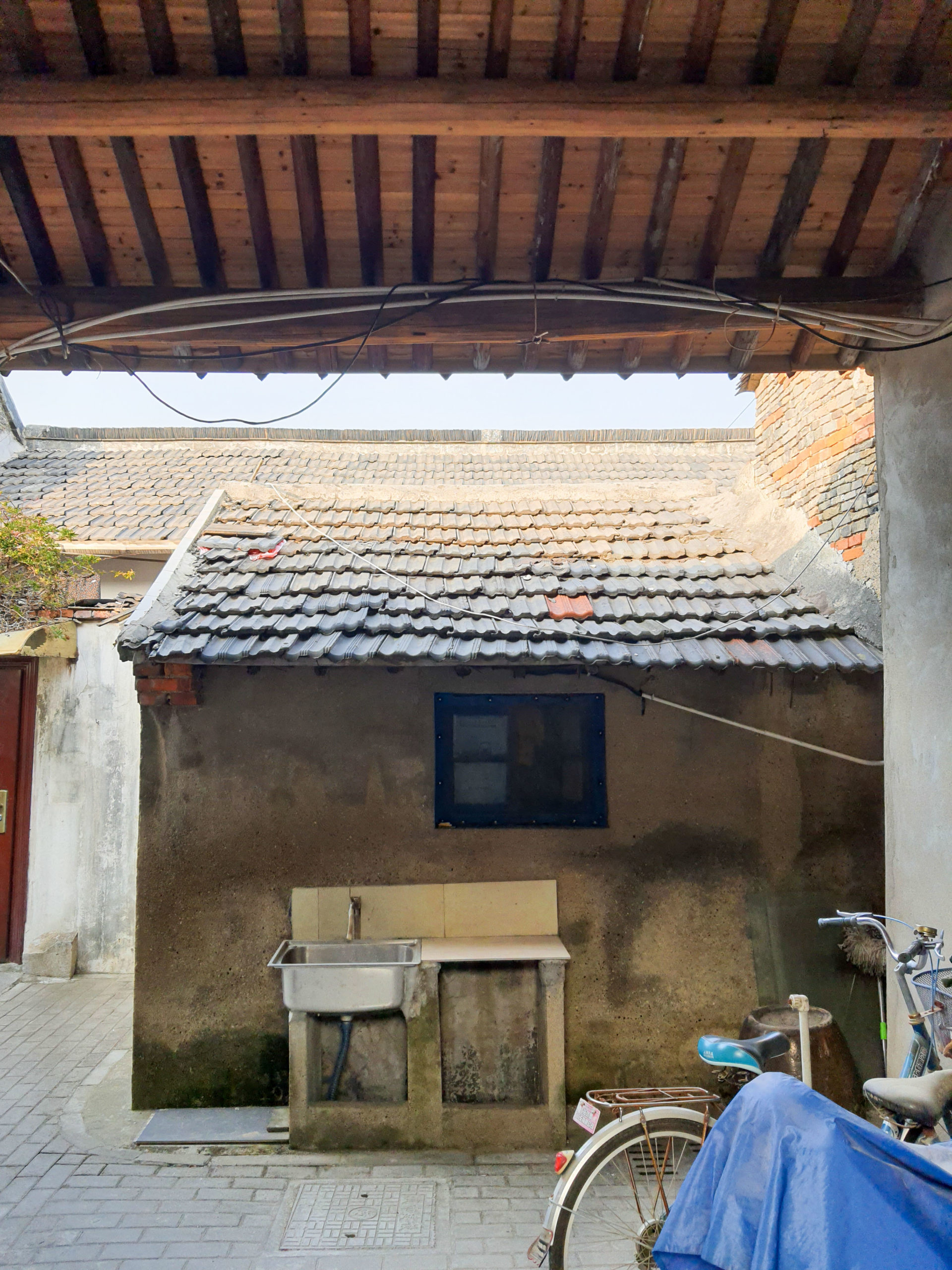
Unlike many soulless old towns in China, which are too commercial with only shiny facades, I discern a quiet energy humming underneath the old tiles, bricks and walls as we sauntered along the old alleys and neighbourhoods of Yangzhou. We saw the locals washing clothes by the old well, elderlies sitting together for their daily chat and people preparing food. Lines of clothes or duvets hovered over the alleys mid air when the sun was out.
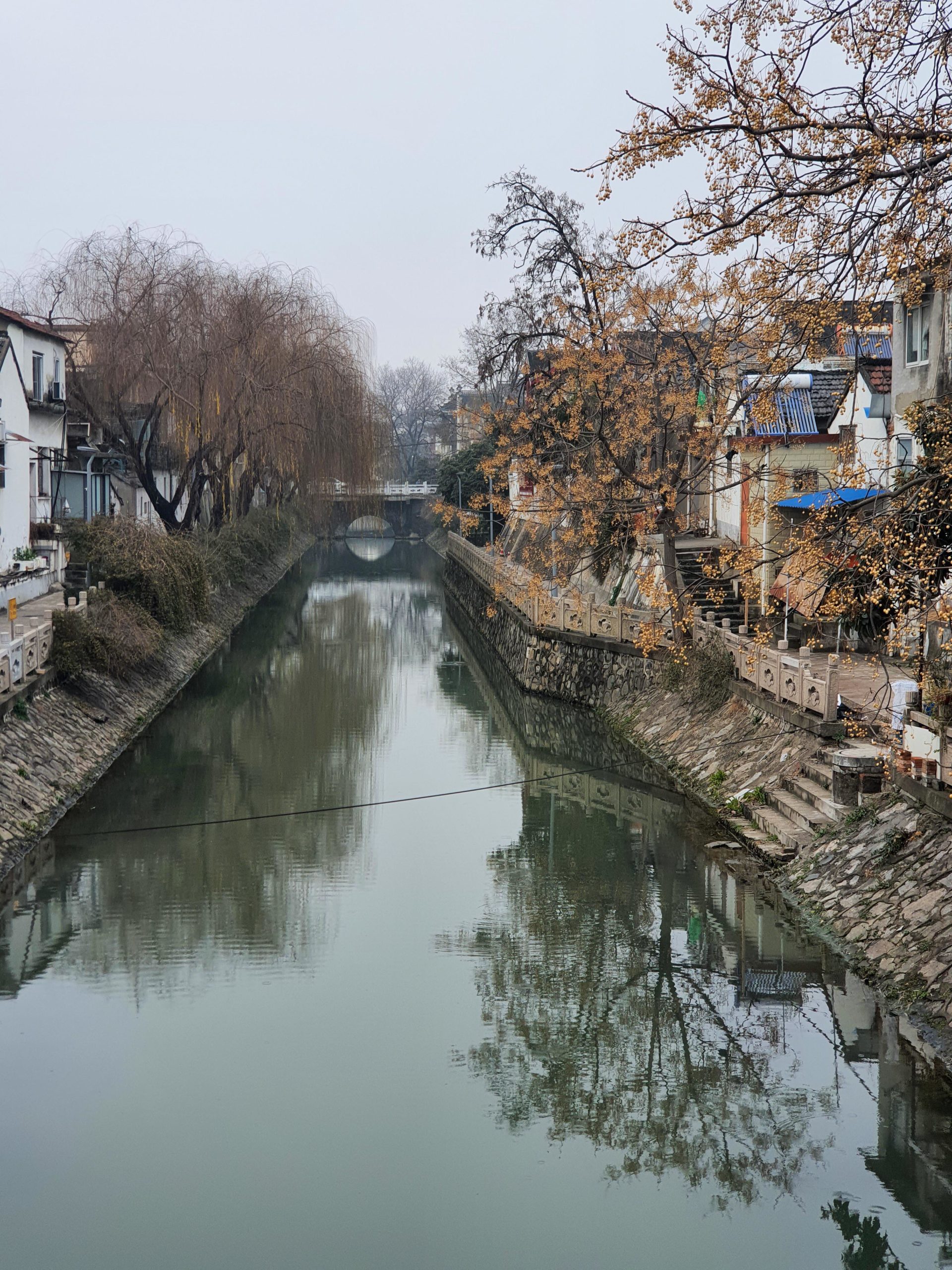
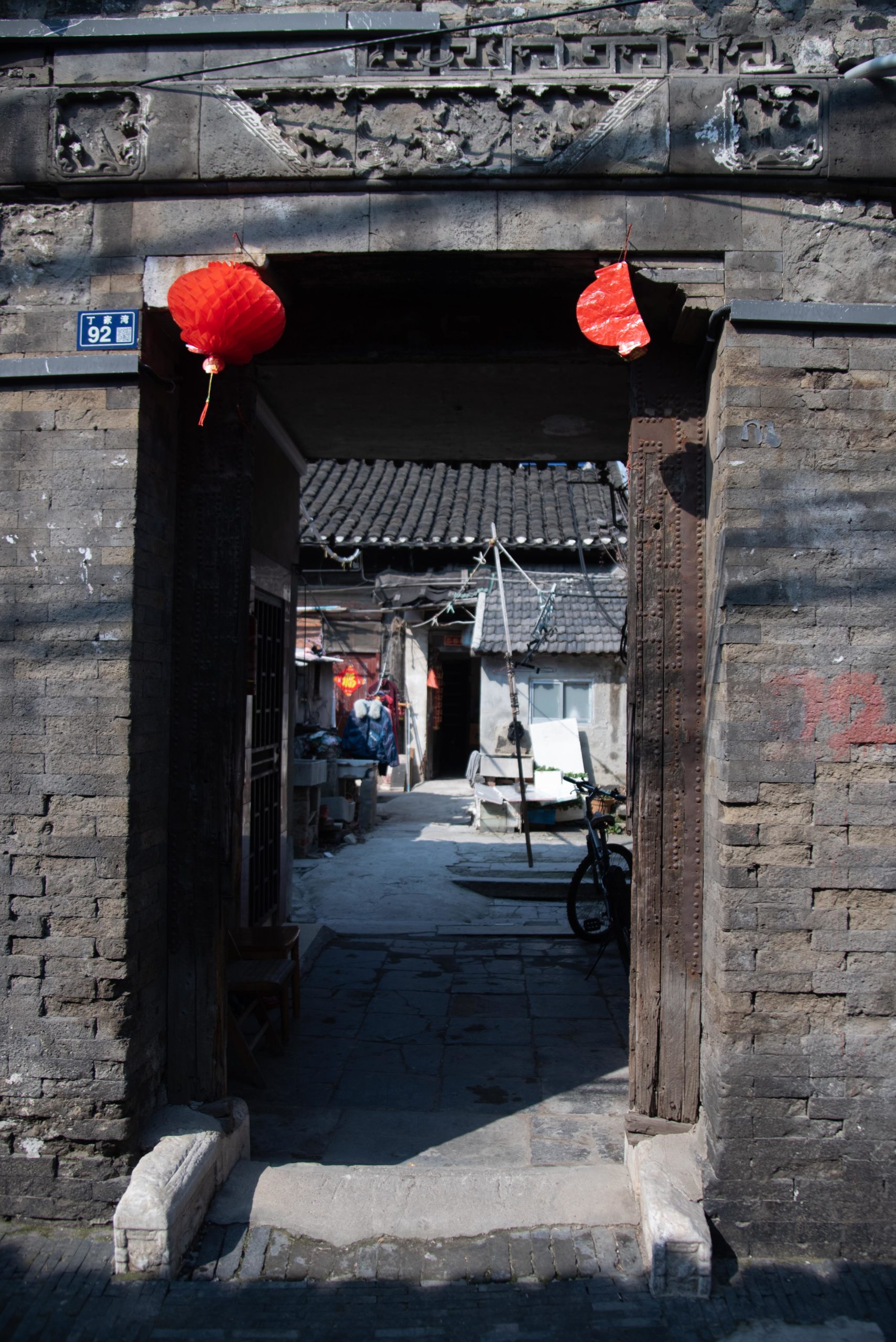
We often peeked into spacious and tidy courtyard of the old brick houses and mouth-watering aroma of home cooking permeated the alleys. There are many modern public toilets located at the alley entrances since most of the houses do not have toilets and bathrooms. It’s this harmonious balance of day-to-day living and history that makes the old city so real and yet captivating.

We rent a two-bedroom apartment in the eastern part, the old part of the city. It turns out to be a strategically prime location – right next to the beautiful old canal and we can walk to the old town within minutes with local wet markets just round the corner.
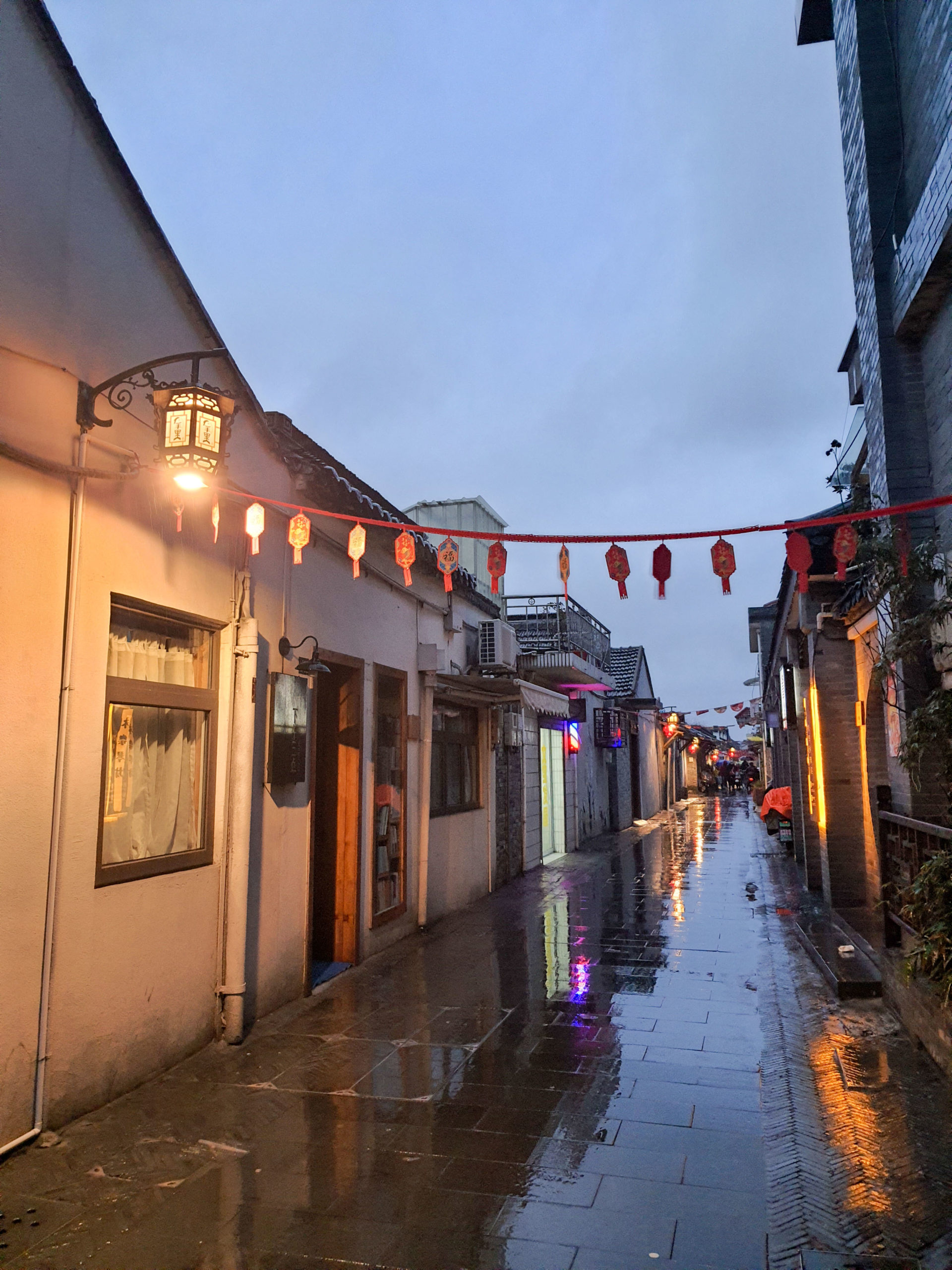
We hardly go to the new part of the city on the west side except when we go to big supermarkets like Walmart. The old town is intertwined with the old canal and Little Qinhuai River (小秦淮河). It’s fun to wander in the maze of tiny alleys and we never worry about getting lost as we eventually always reach either a street or the canal. Sometimes we stroll along the Little Qinhuai River to trace the past of Yangzhou.
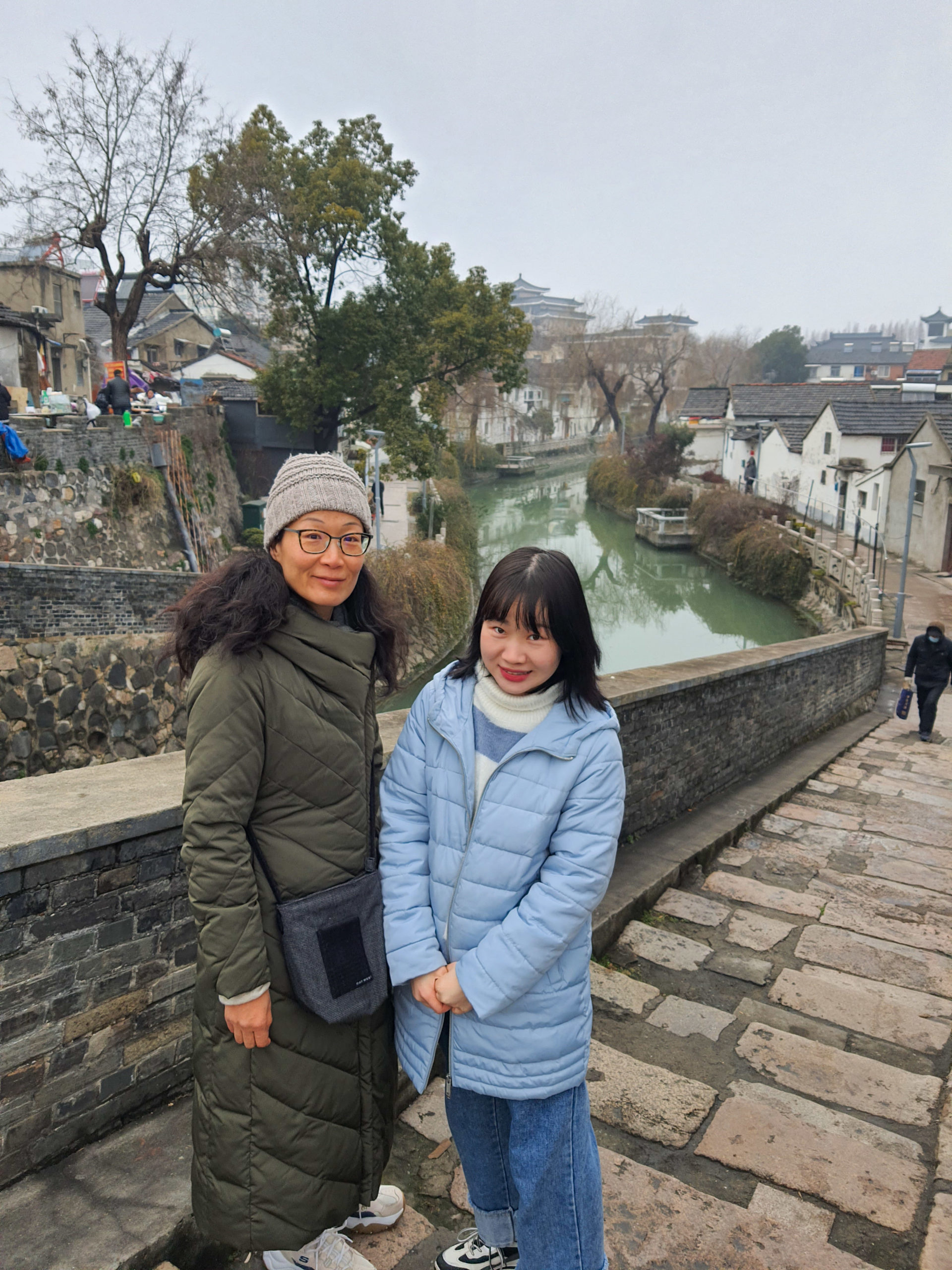
Historically, Yangzhou was one of the wealthiest cities for various periods until the 19th century. With its geographical location and strategic advantage of the canal forming part of the waterway from Beijing to Hangzhou, salt, rice and silk trading flourished.
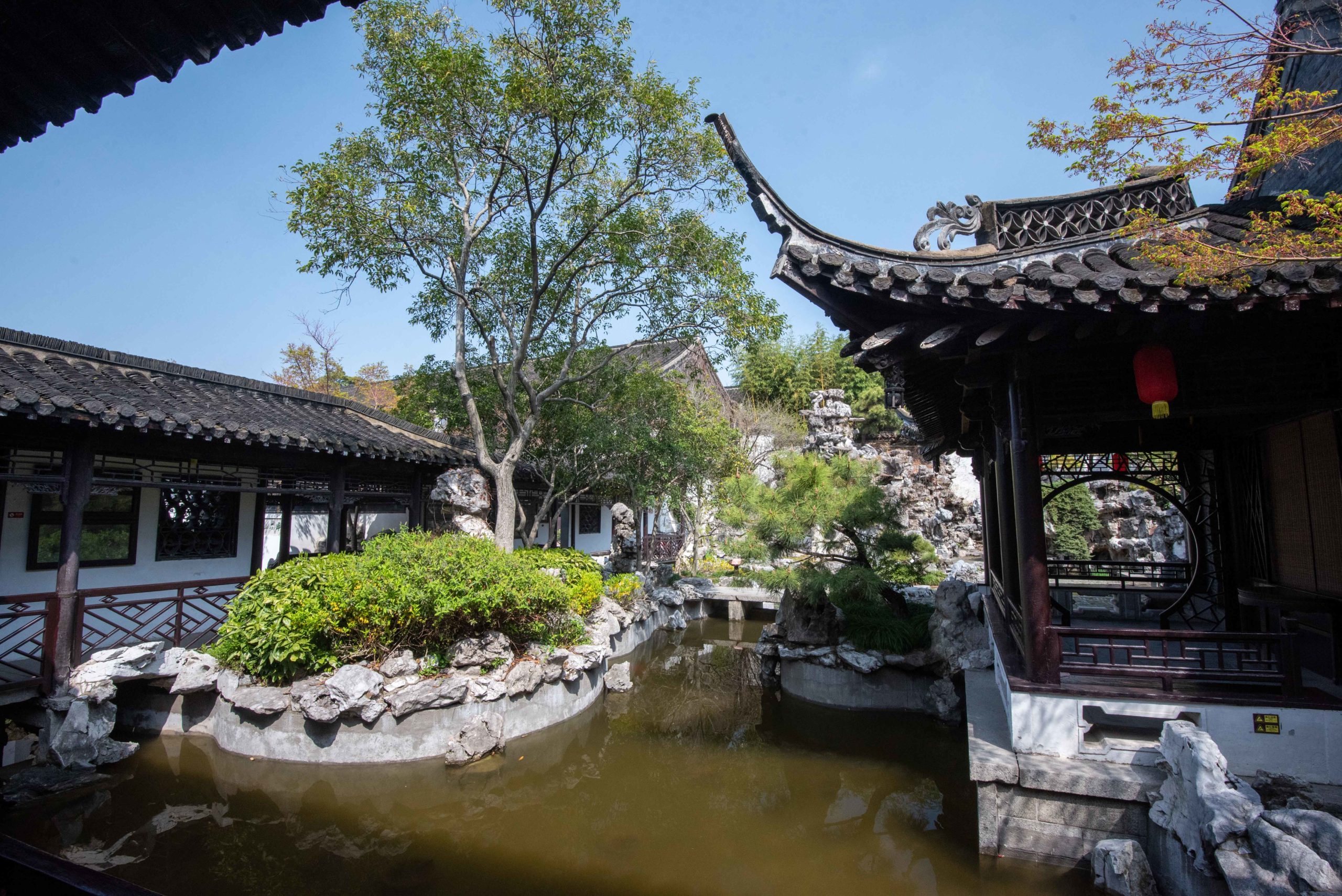
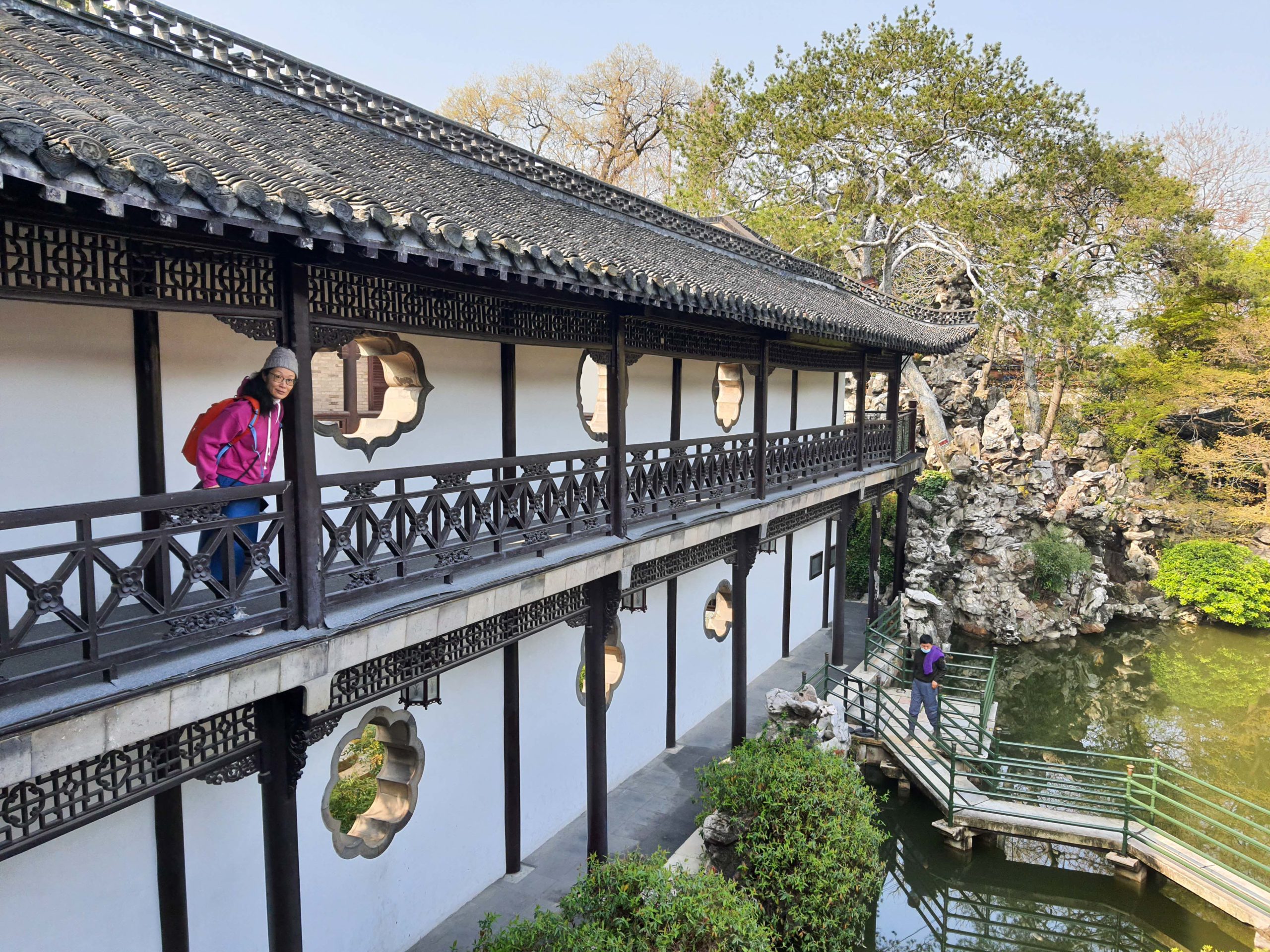
It was a bustling economic and cultural hub that even attracted the Arabs and Persians to trade in the Tang Dynasty (early 7th to early 10th century). According to the memoirs of Marco Polo and some historical documents, Marco Polo was in Yangzhou for three years in some official capacity. Evidence of great wealth and prosperity can be seen in the numerous elegant old mansions built by wealthy merchants and are renowned for their subtle sophistication and beautiful rock gardens.
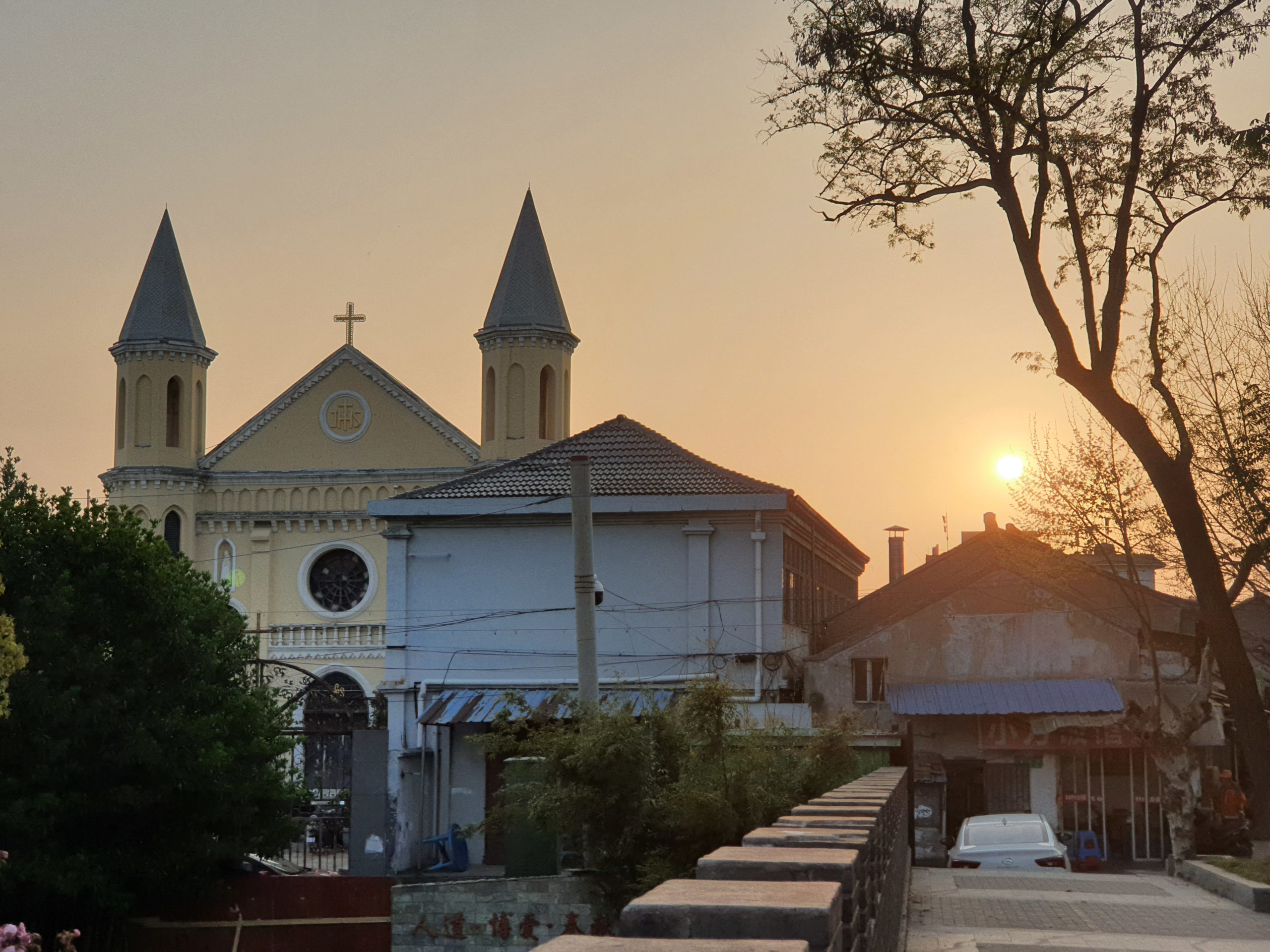
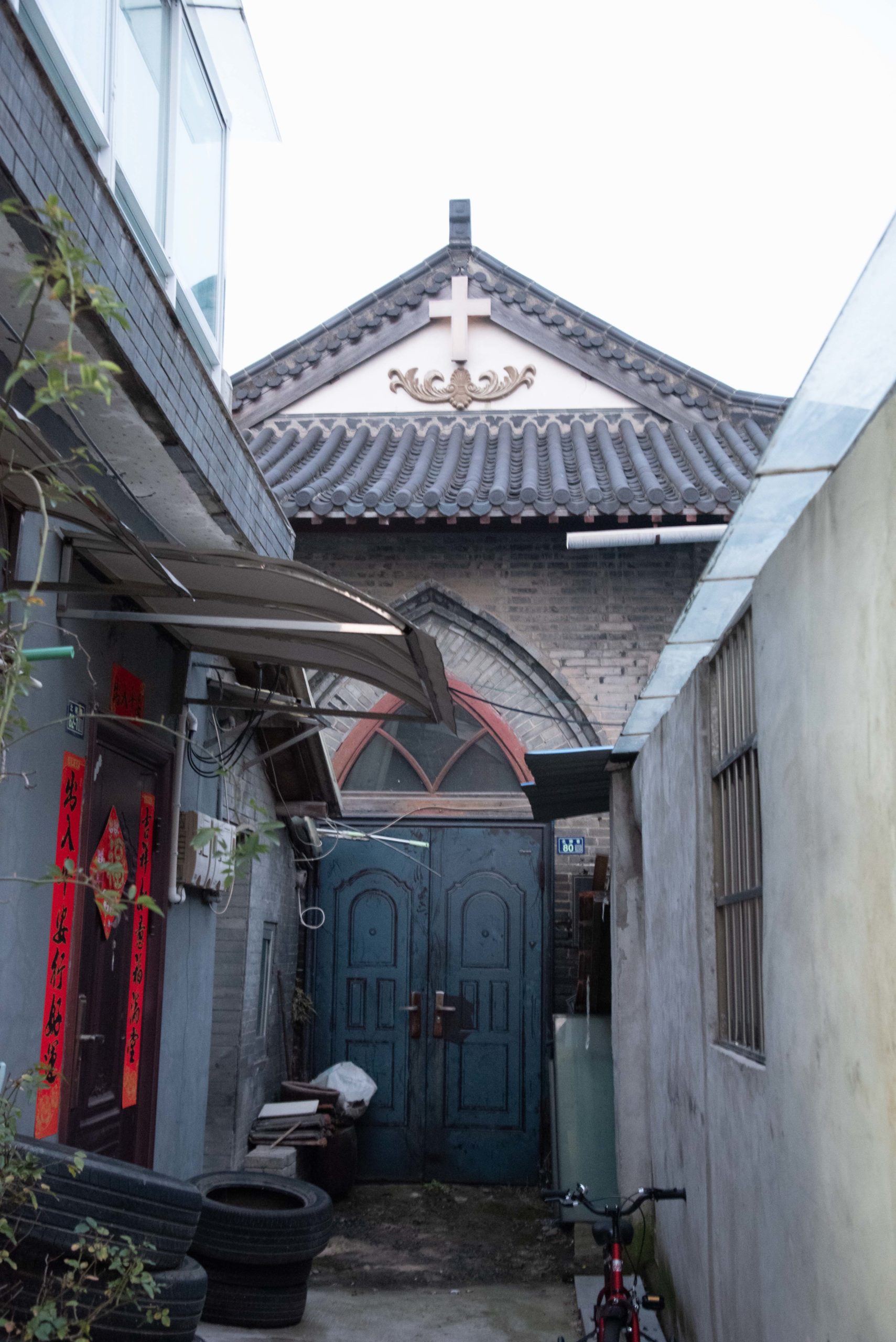
There is a saying in Yangzhou “water wrapped in dough in the morning, then soak in water at night” (早上皮包水,晚上水包皮) which gives you an idea of how the locals live. It reflects the local culture of taking it slow and enjoy life. They start the day by going to the teahouses to enjoy tea and a variety of buns – which explains “water wrapped in dough” as some of the buns are juicy with soup inside. Then at night they have a relaxing bath and a long body rub in the public bathhouse – aptly “soaking in water”.
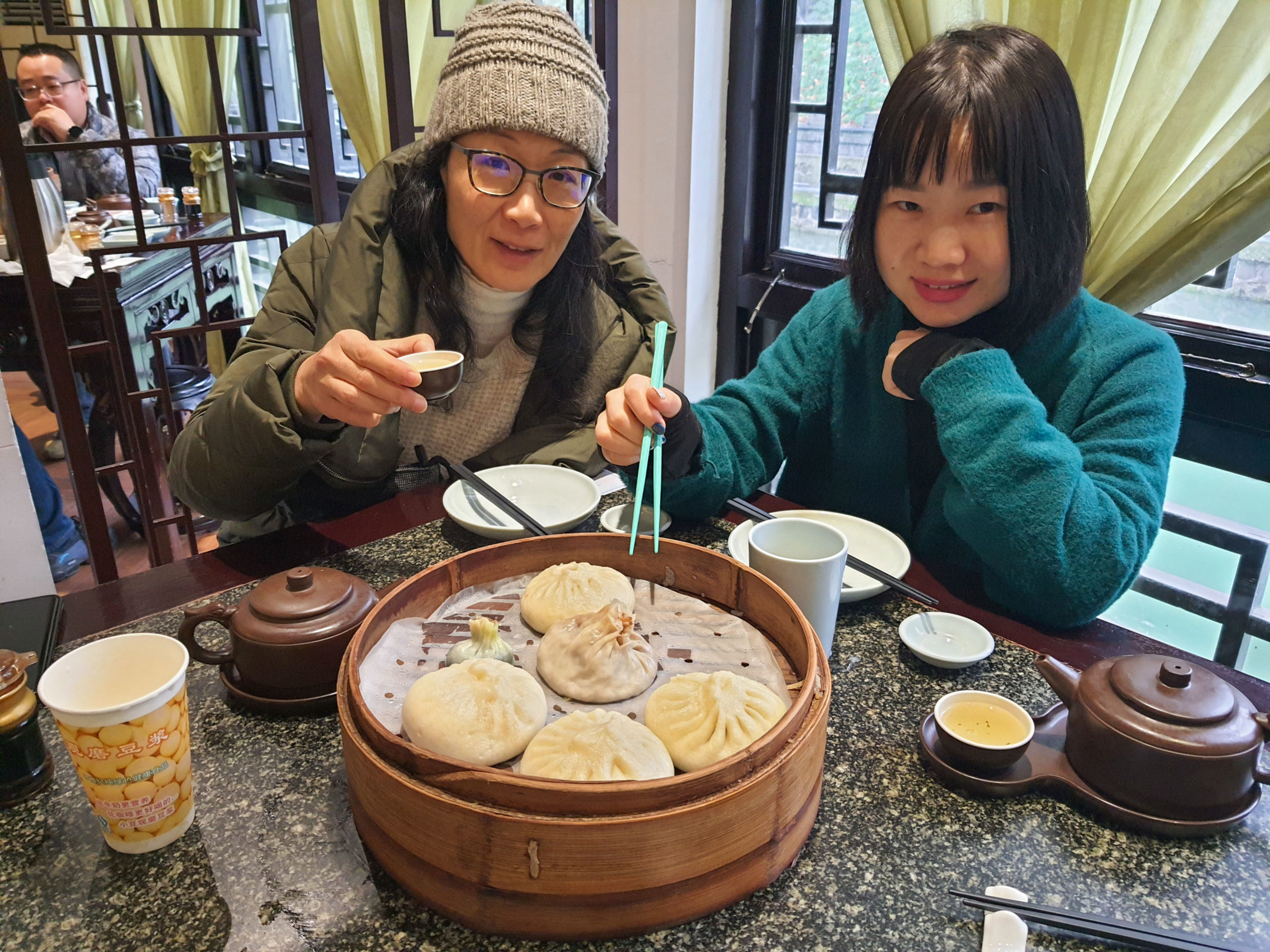
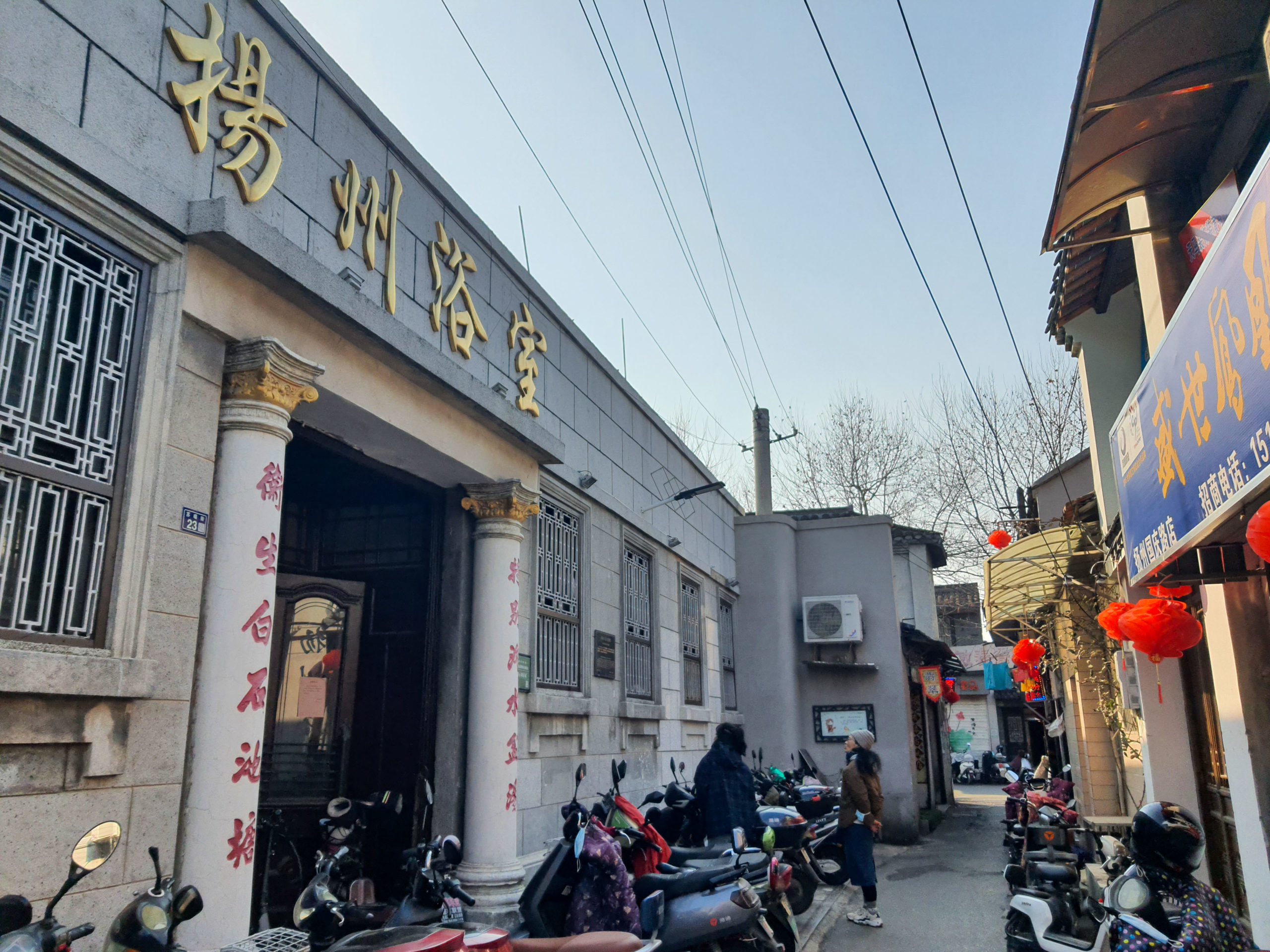
We have tried the local morning ritual at one of the famous teahouses Yechun Garden (冶春園) along the river. As for the nightly ritual, we saw a number of public bathhouses in the alleys but we hesitated to give it a try due to the on-going pandemic.
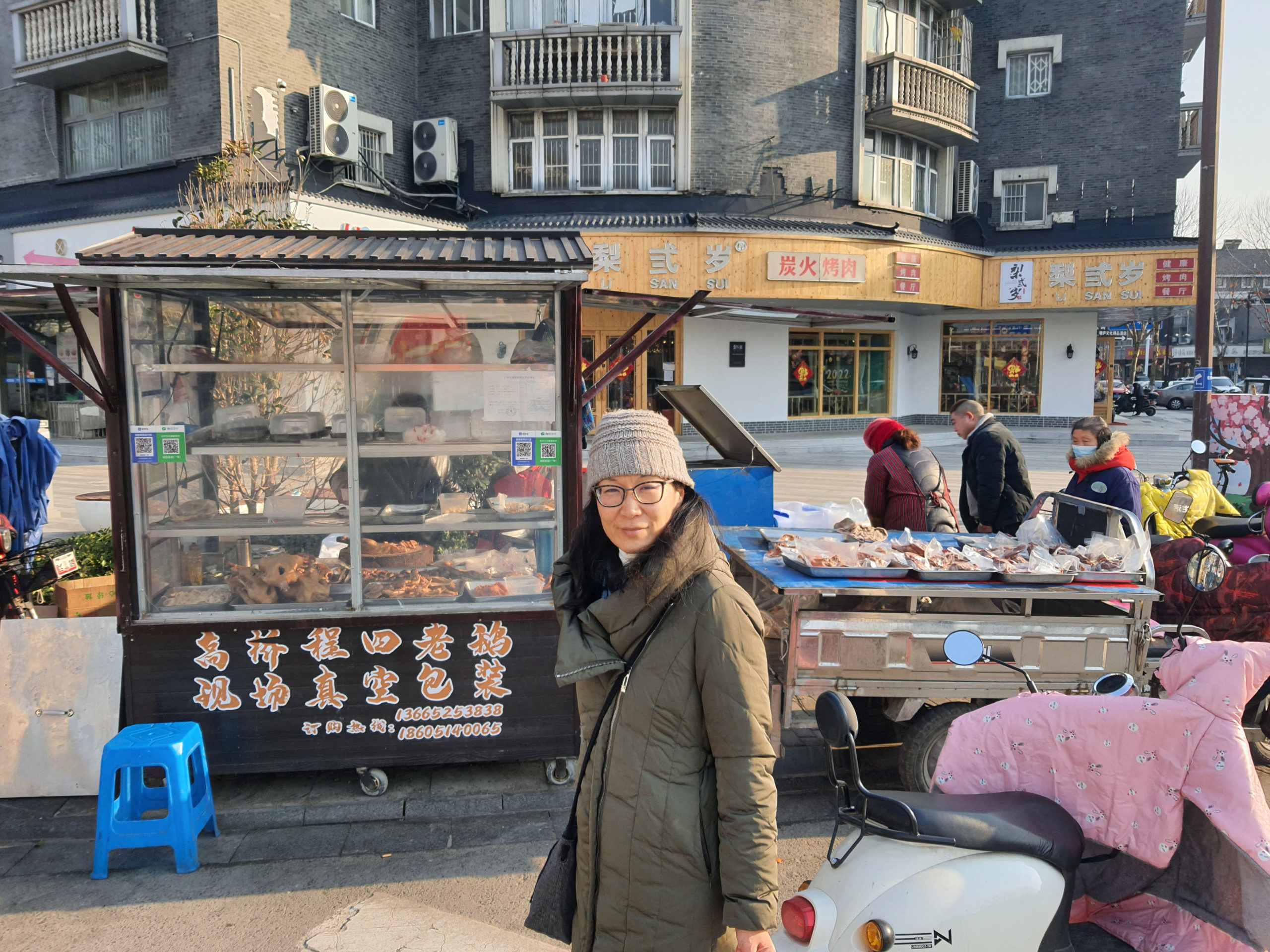
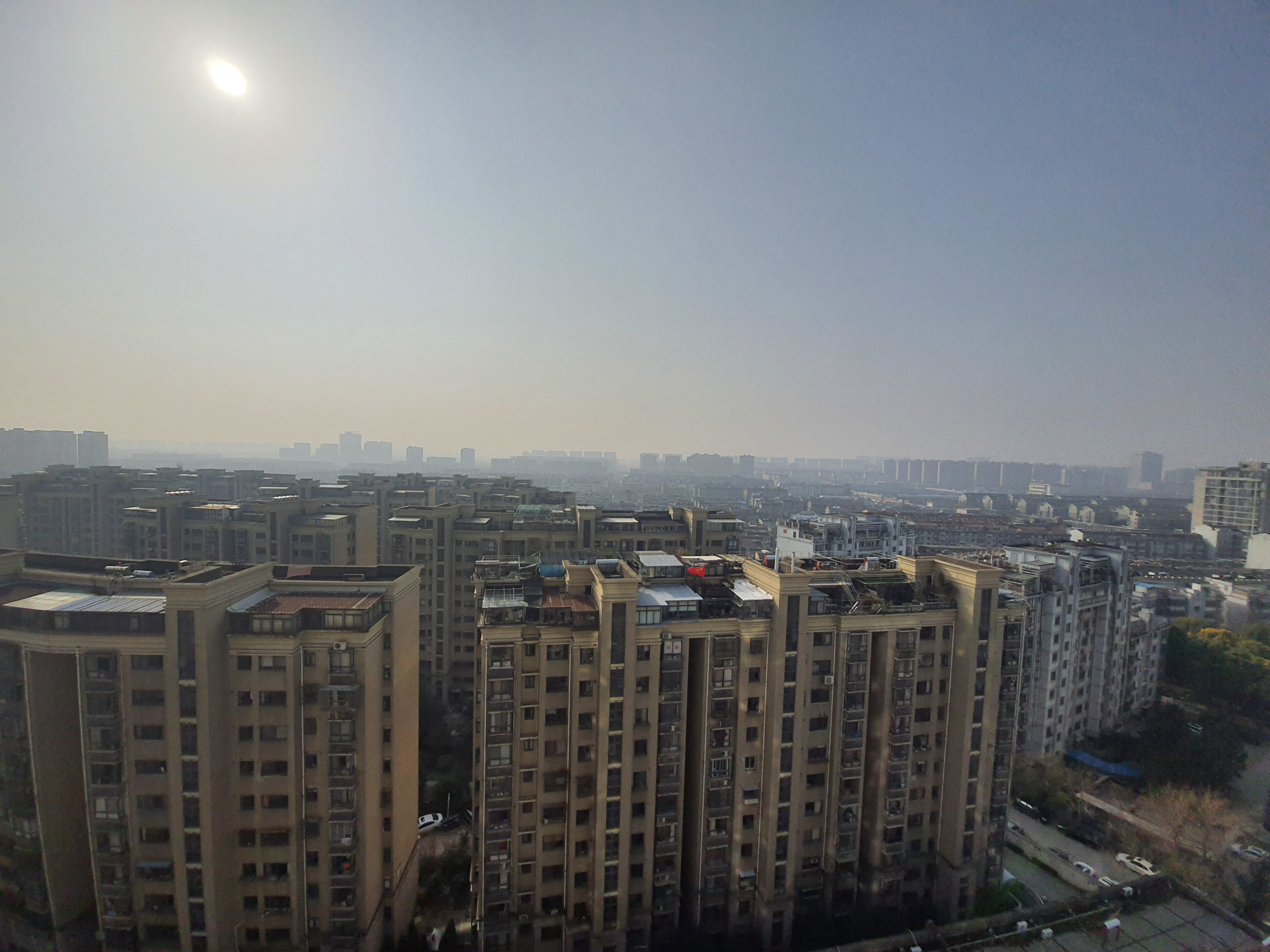
We have stayed in a fair share of apartments in our travel but we notice something peculiar about our apartment in Yangzhou. It is very comfortable, warm and tastefully decorated. But as I look beyond the elegantly painted walls and chic furniture, I discover random small cracks and holes in the bedroom and bathroom walls covered by odd wallpaper cut outs. It’s a mystery to us considering the amount of effort put into the renovation. Why are the cracks and crevices not fixed before painting it over?
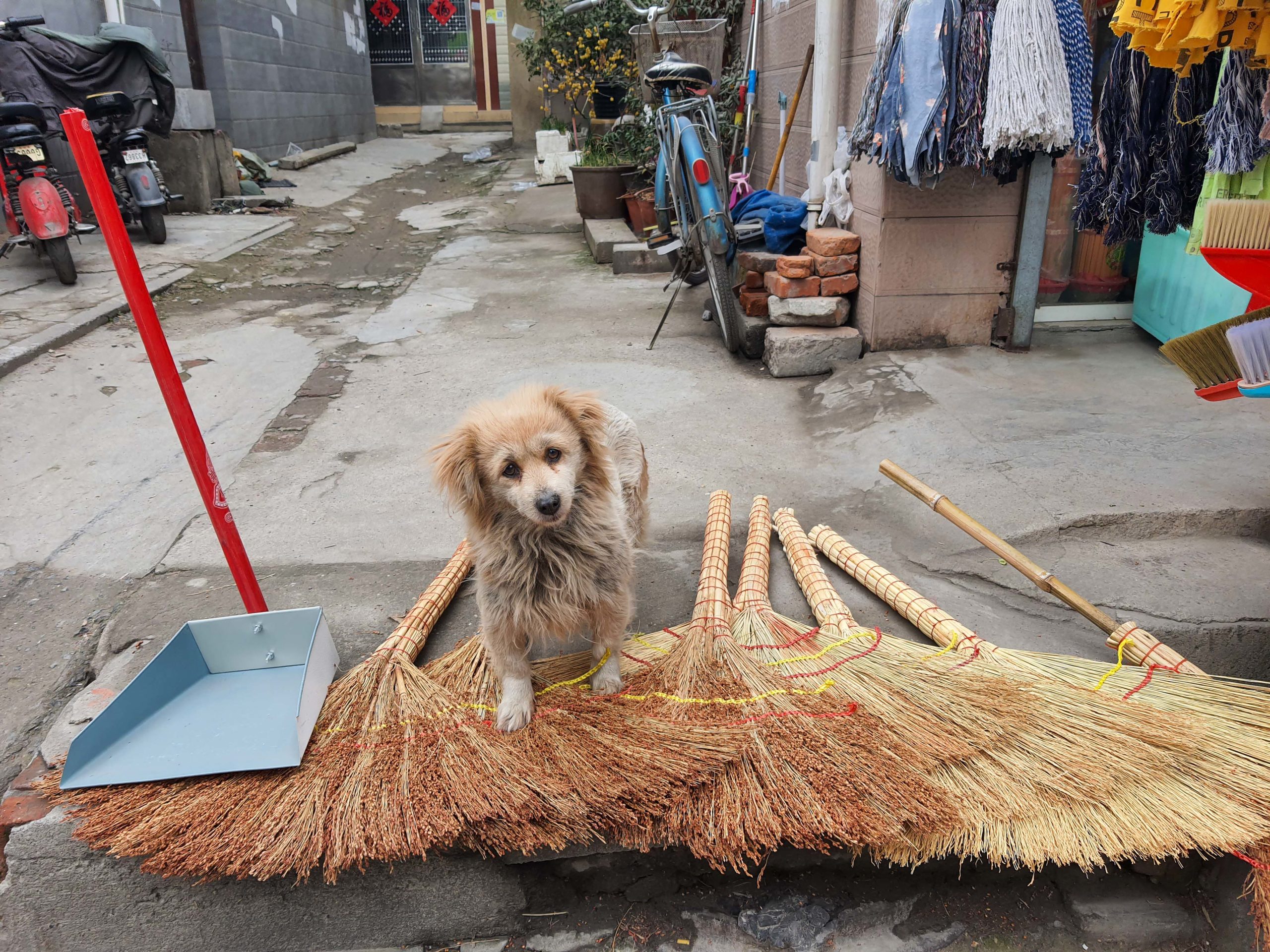
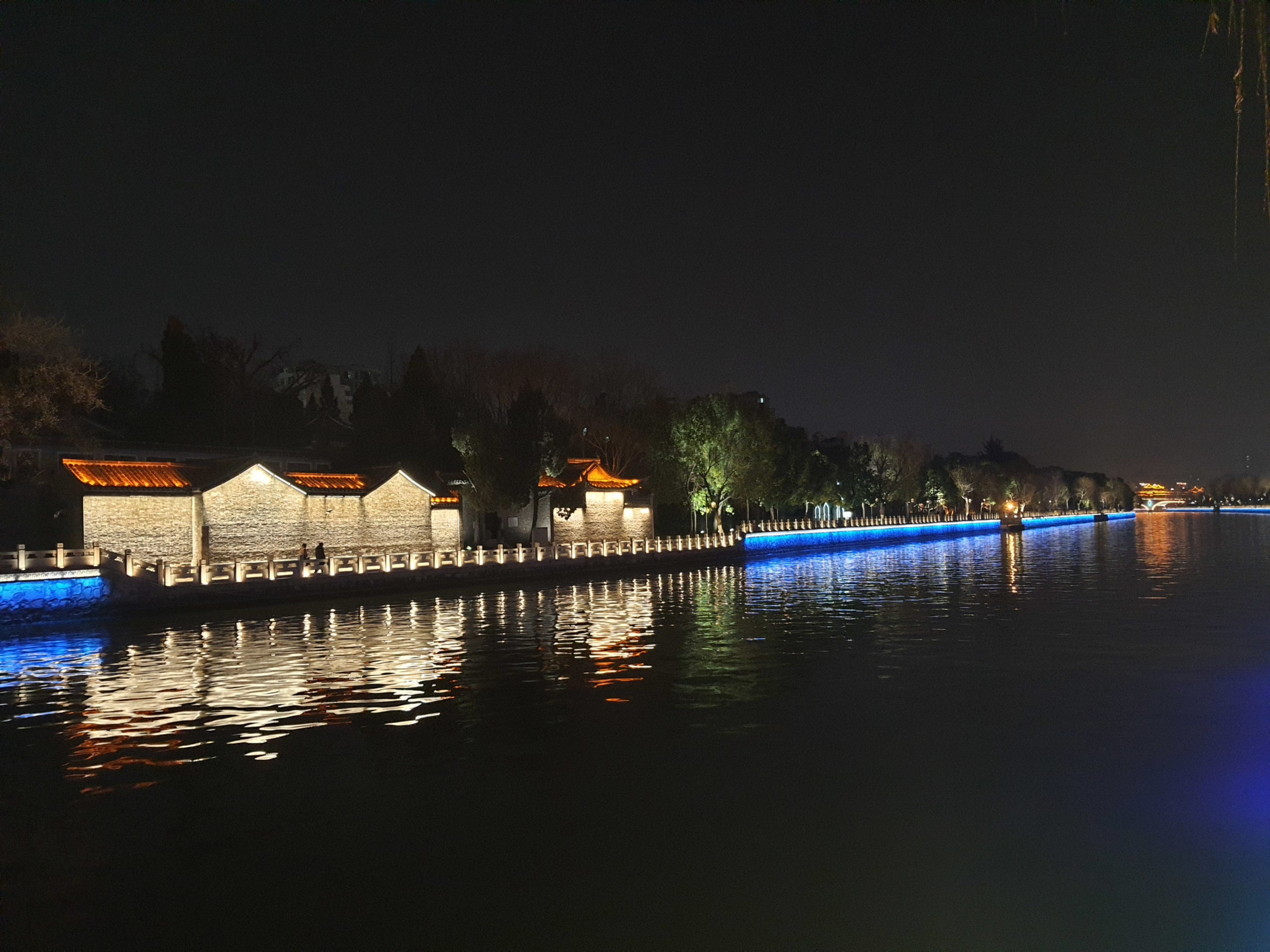
Then three weeks into our stay, we got a knock on the door and a woman appeared and babbled non-stop in local dialect and kept pointing at the balcony. I was at a loss for a few seconds and it suddenly hit me that she was complaining that water was leaking from our balcony into theirs. I immediately called our landlady to let them speak directly. Then we found out that the water came from the compressors of our air-conditioners inside a wooden structure in our balcony. To our surprise, we discovered that no container was placed underneath the compressors to retain water from the defrosting. Yet again another small but essential detail that is amiss as the leakage will indeed cause permanent damage to the structure. Our landlady was very helpful and it was fixed right away without delay.
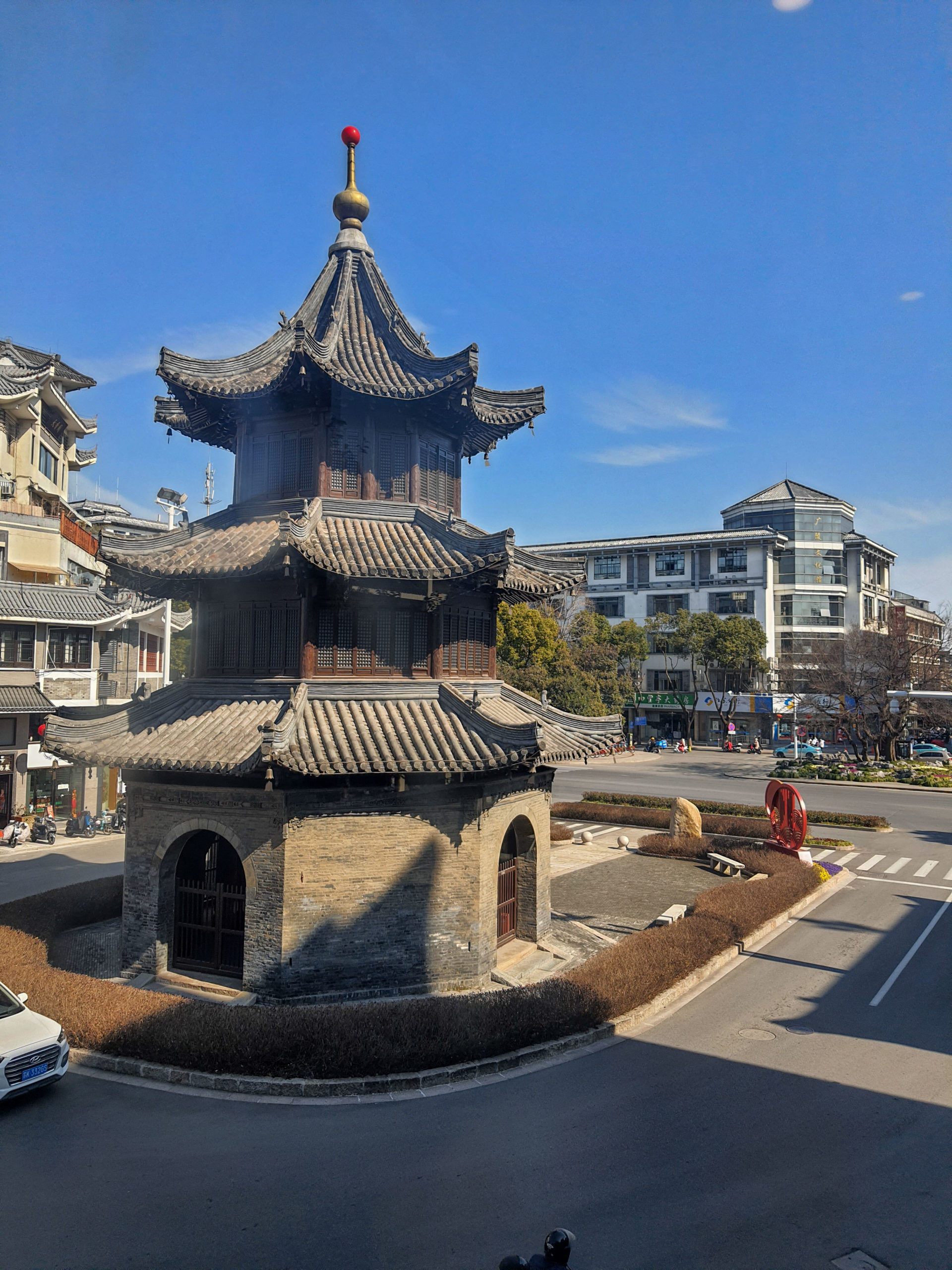
We always avoid driving in cities but it is particularly frustrating to drive in Yangzhou as the electric motorcyclists ride like formula-one drivers. They apparently think they are invincible and will take over us recklessly and always appear out of nowhere. One time, at the roundabout of a busy road, we saw cars cutting right into the traffic in opposite direction thinking they could skip following the flow of traffic by taking a short cut. While we were gob smacked by how dangerous it was, we accept that this is all part of the local way of life.
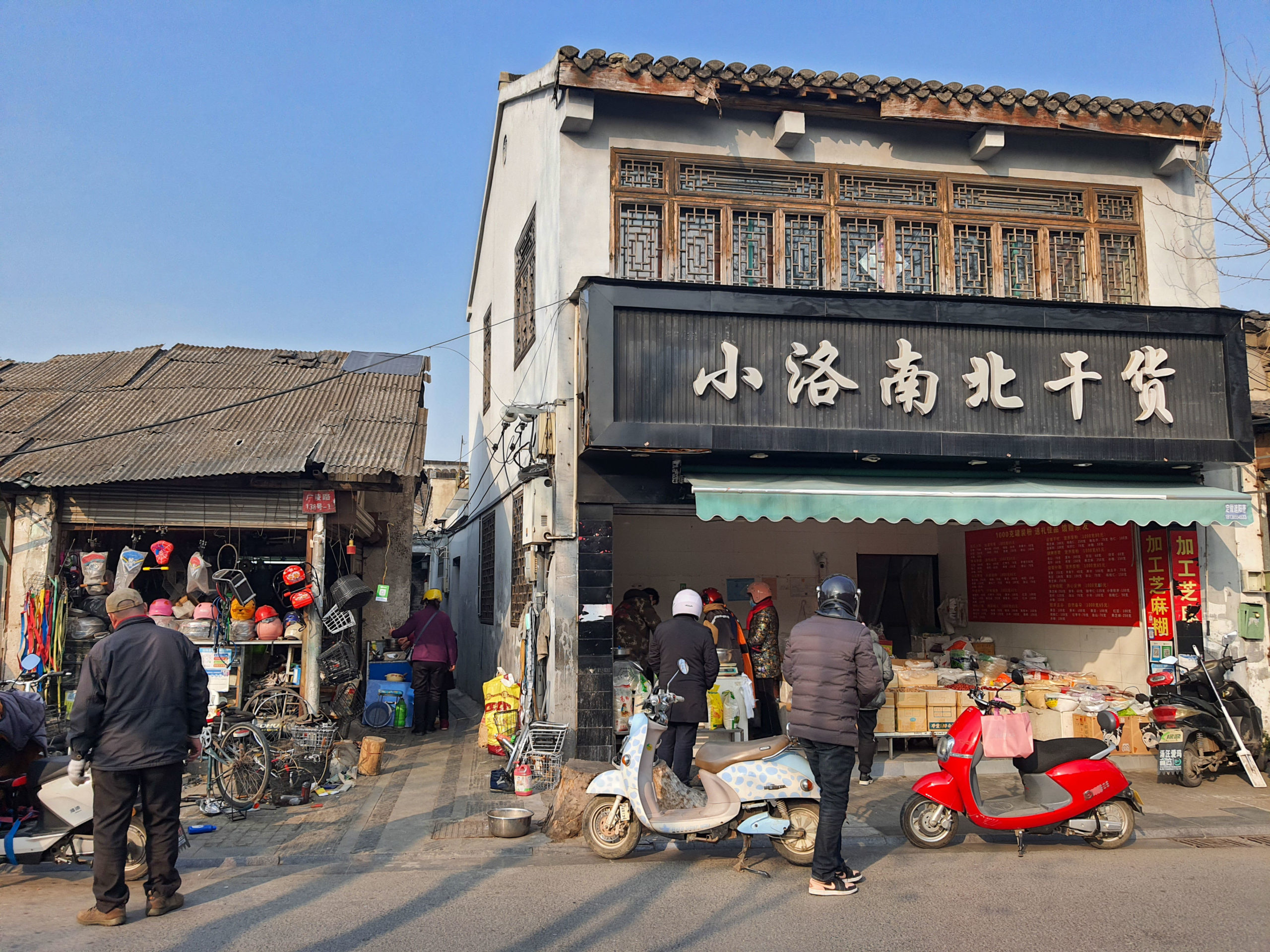
When we first came, we could not understand a single word of the local dialect. But we like listening to the locals, as they sound so animated and energetic. We slowly can pick out the odd words and make more sense of what they are saying.
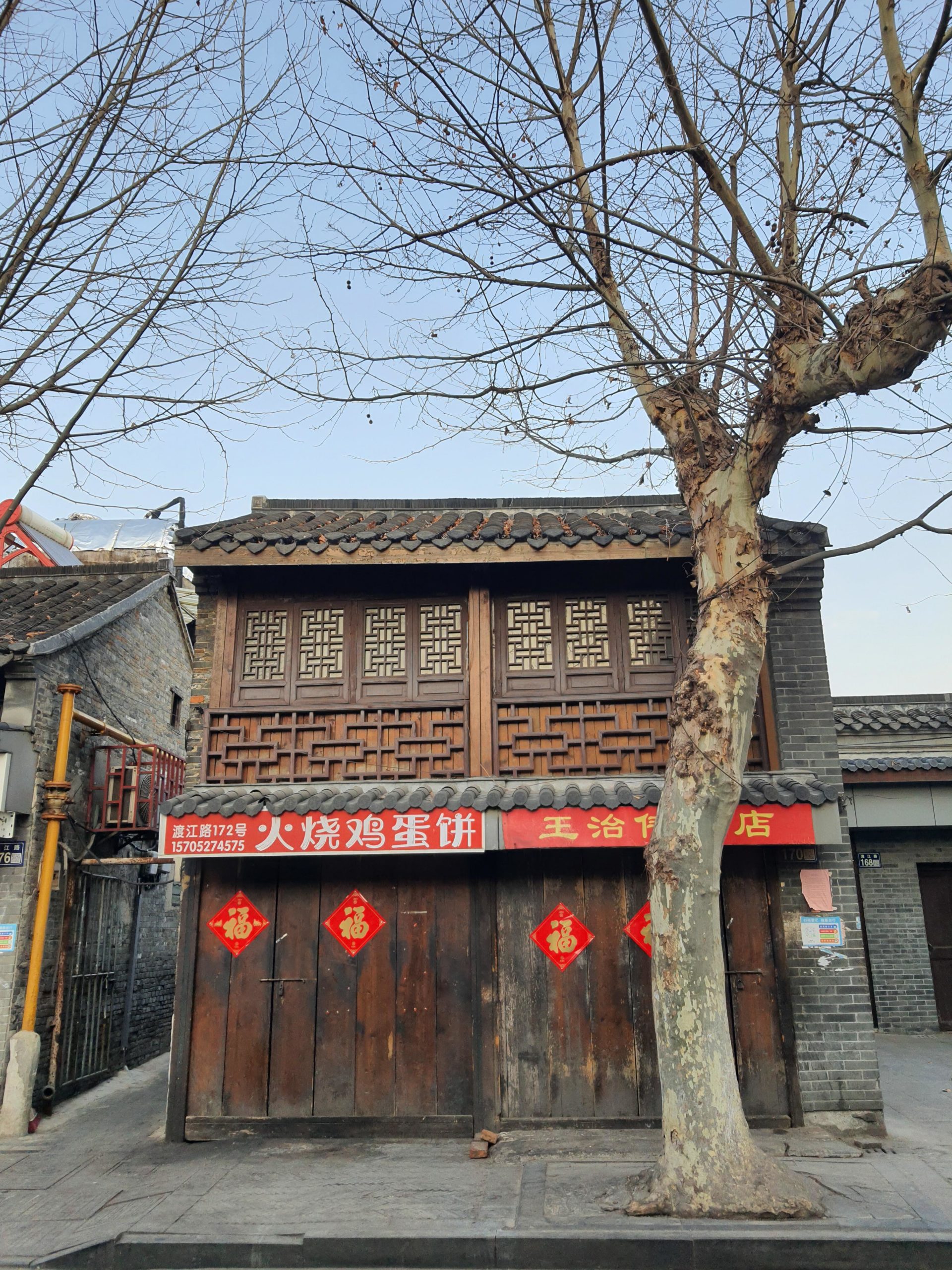

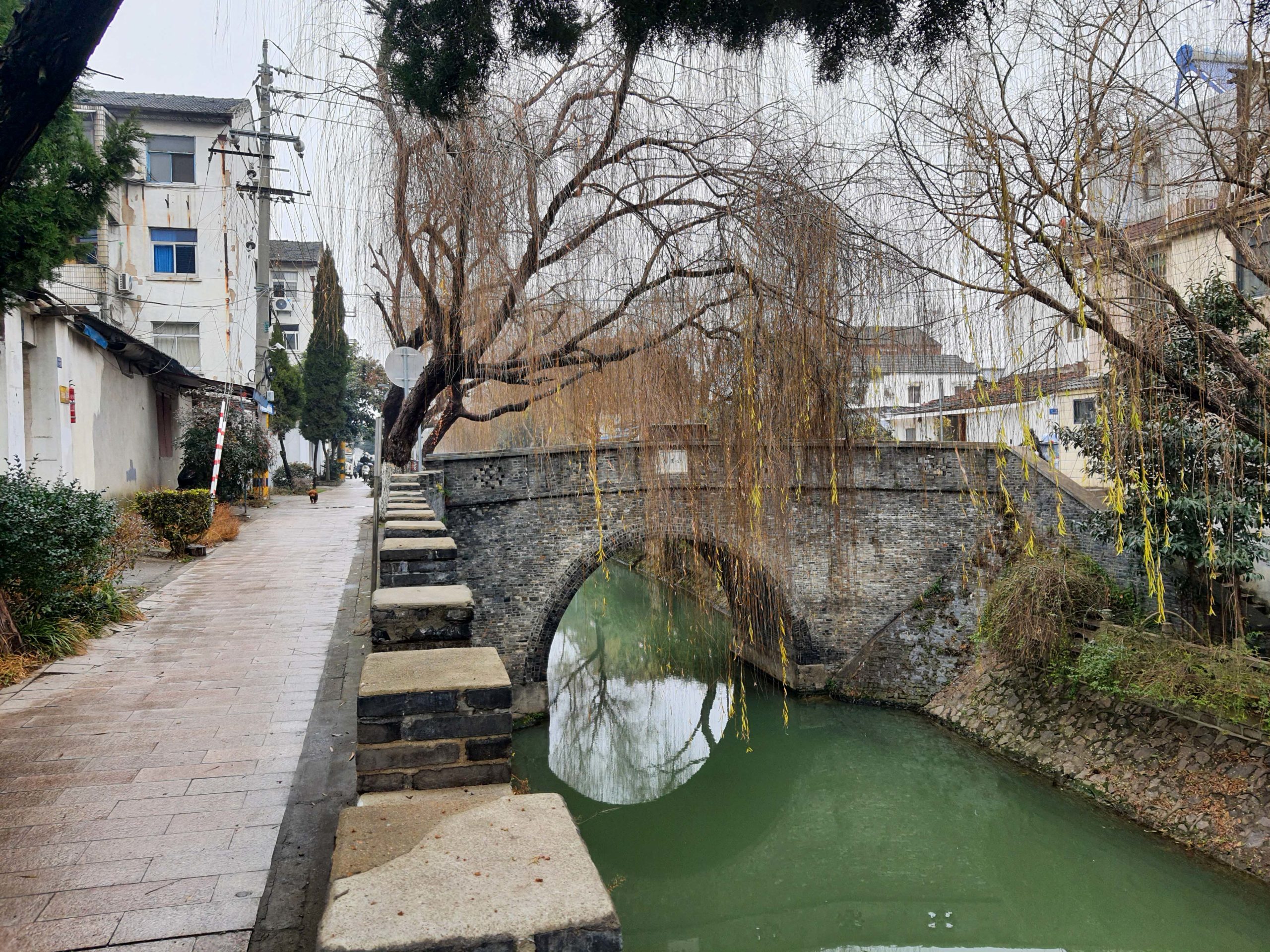

Here I am.
Good to hear from you, Bonnie.
Dear Akie and Kin. I was so pleased to see your beautiful pictures and read about your life in Yangzhou.
I was wondering how you were coping with the pandemic. It seems you have been very clever.
We are well and about to get the caravan ready to go north for the winter.
Love and hugs
Carol and Ross
So far we have been quite lucky considering that we can still go out daily.
Kin still talks about the caravan trips he had with you and the family. Enjoy and we look forward to your photos.
Enjoy reading your travelogue.
Safe and fun travels 😀💕
Hi Melody,
Writing and sharing with friends and family give meaning to our trip. Your response makes our day. 😊
I really enjoy reading your posts because they remind me of my hometown and beloved ones. Thank you so much for sharing these pictures. Stay safe!
Hello Ed
So glad that you like our posts. Are you from Yangzhou originally? You must miss your loved ones.
We are lucky to have this opportunity to experience the laid back life of Yangzhou and get to know the people here.
I justed updated another post. Enjoy